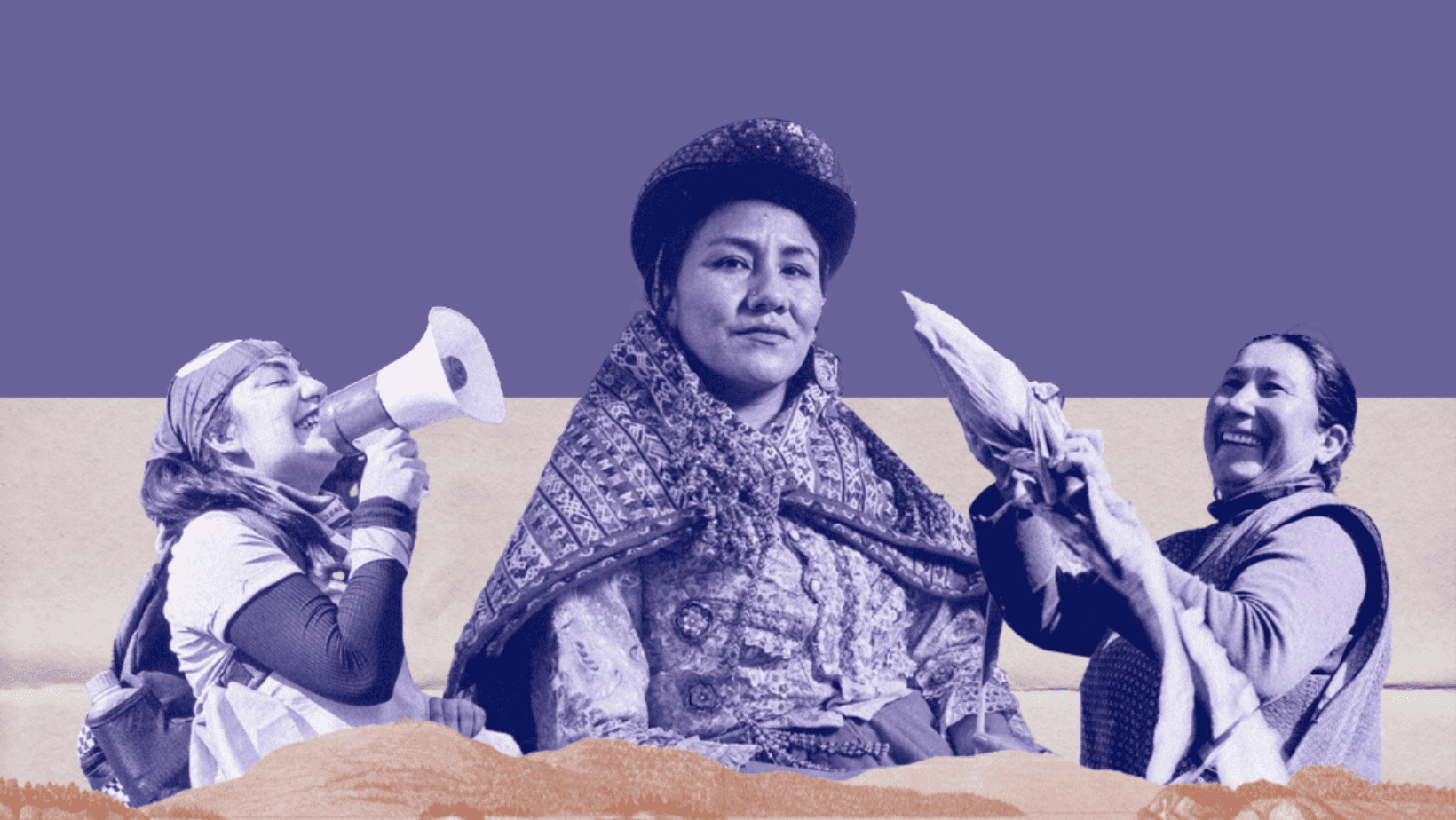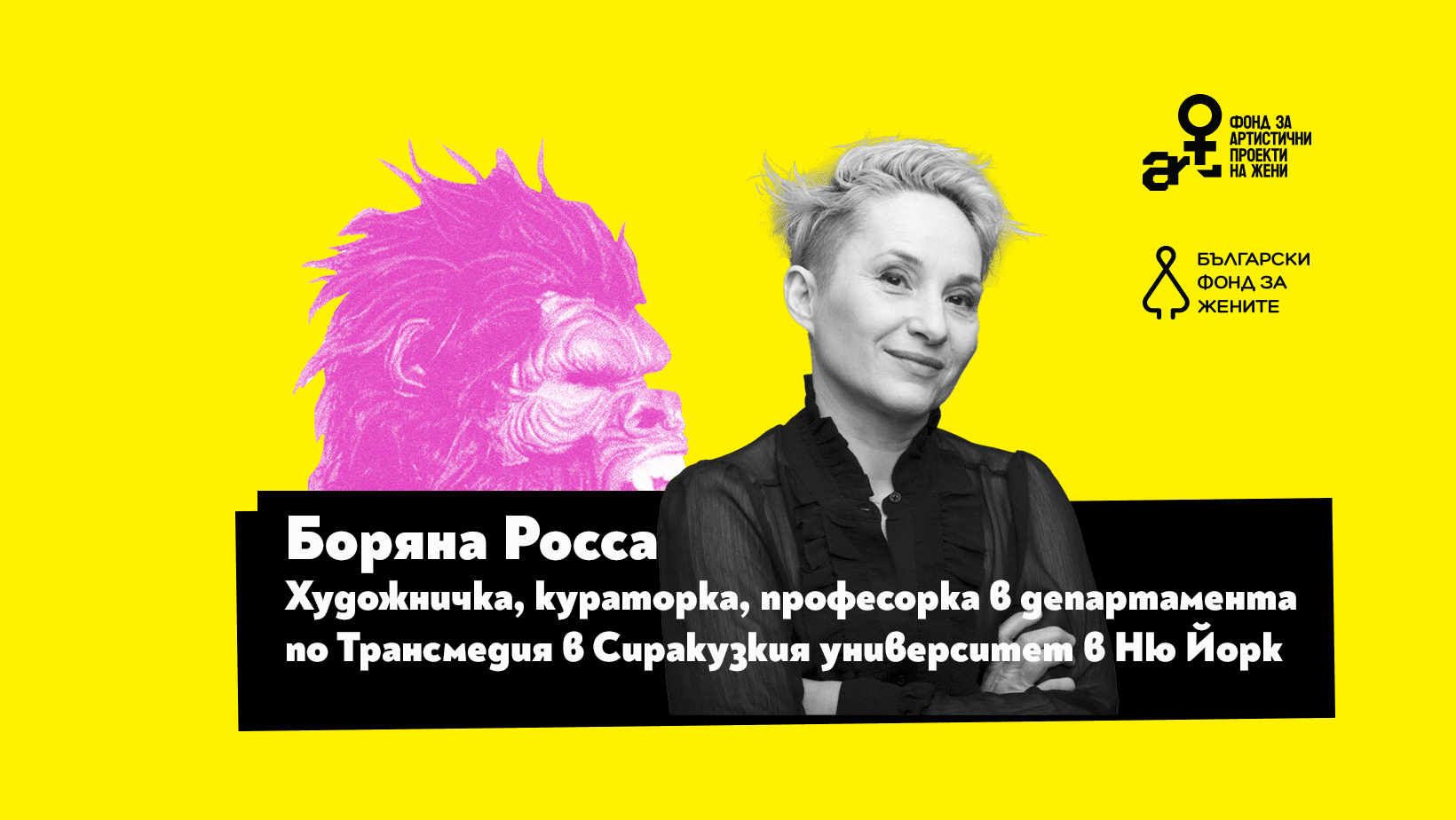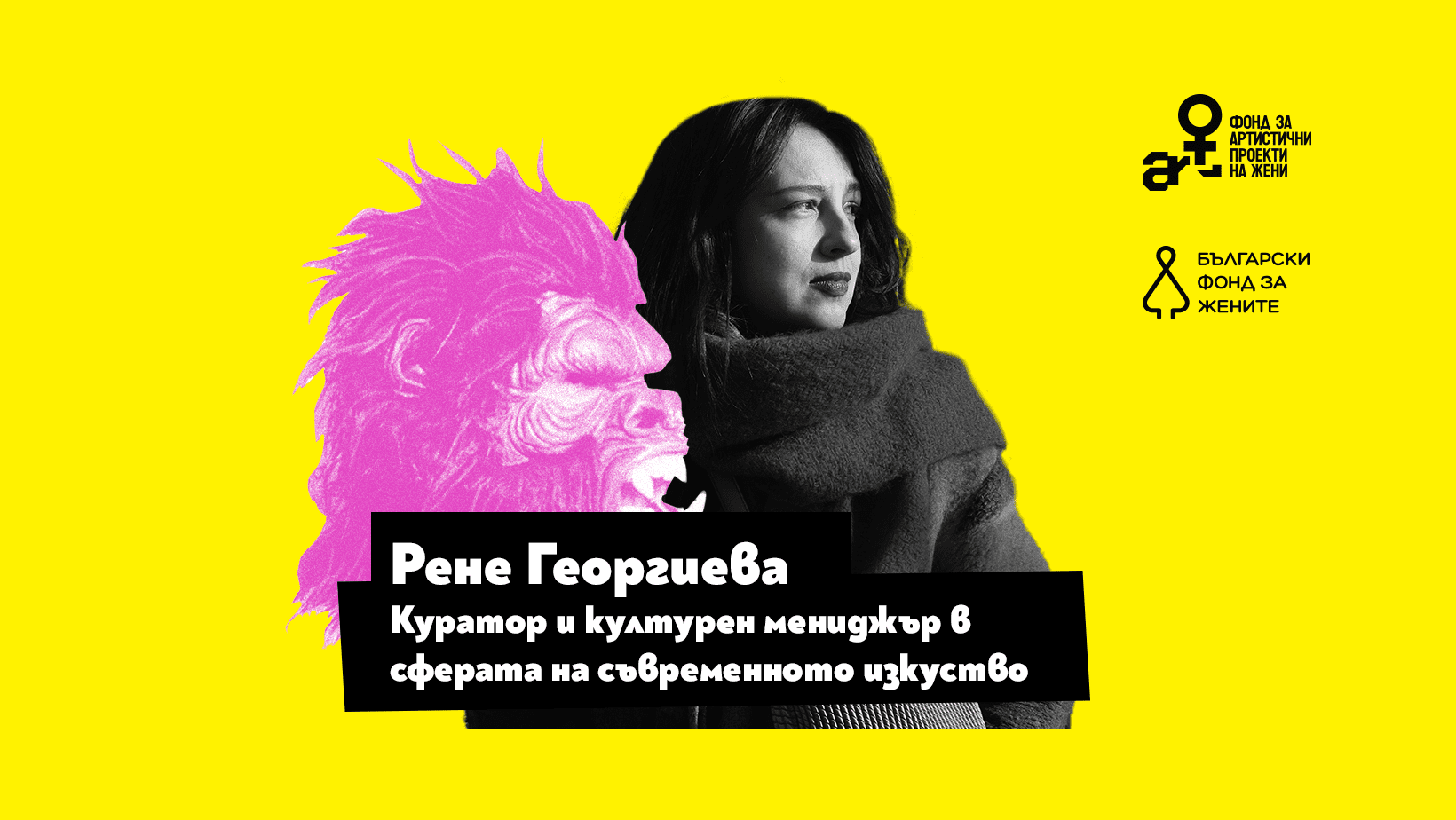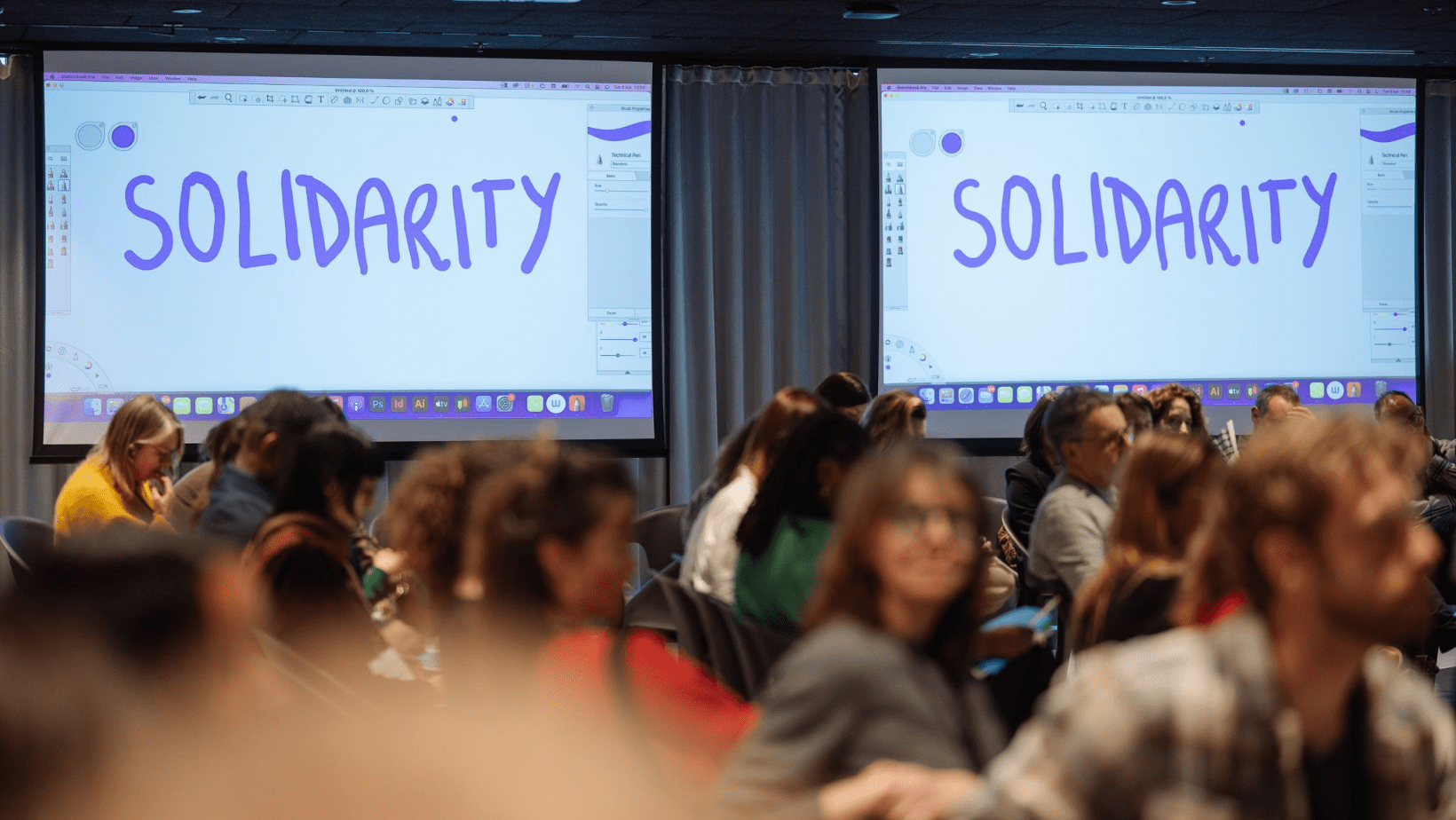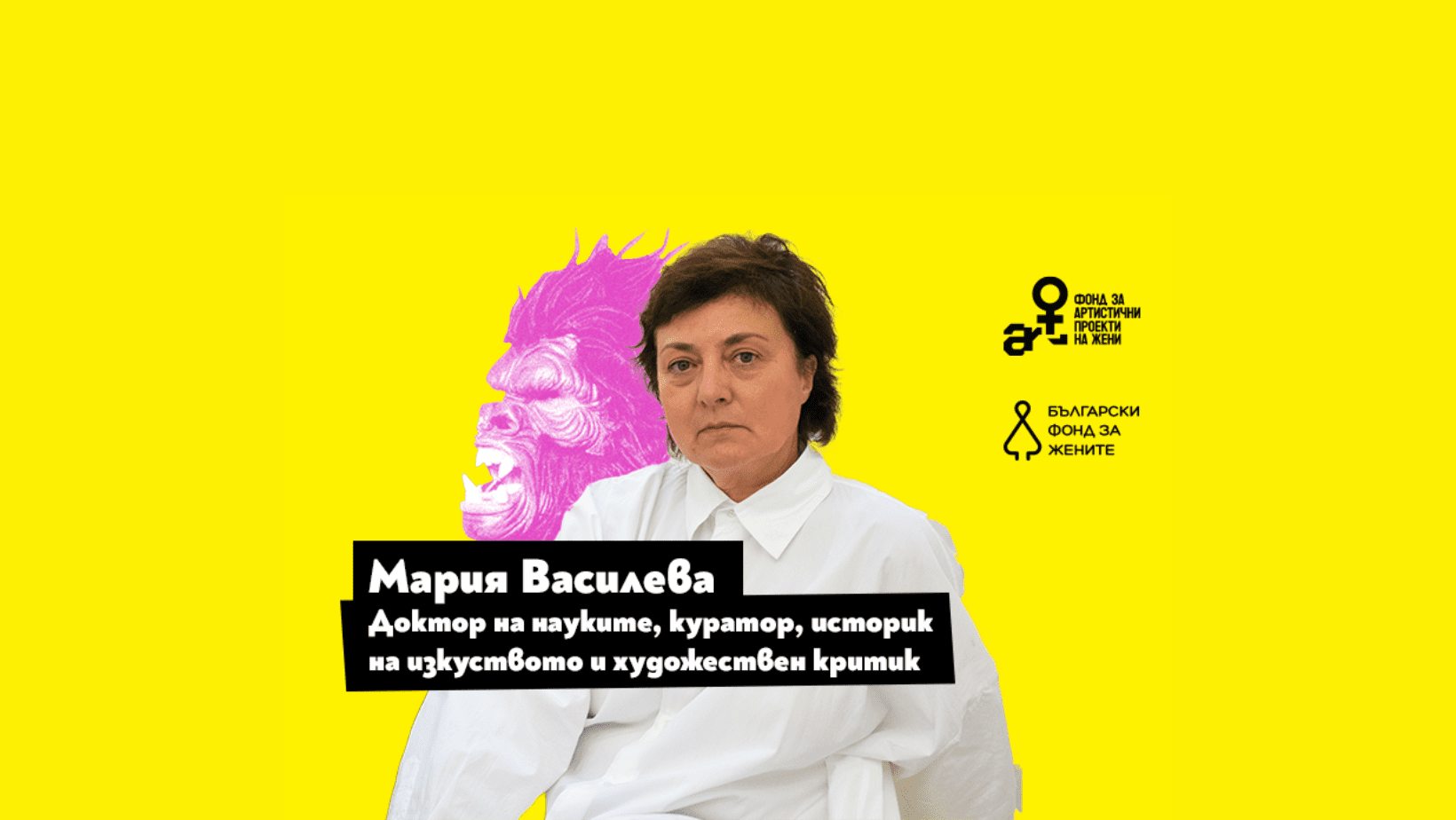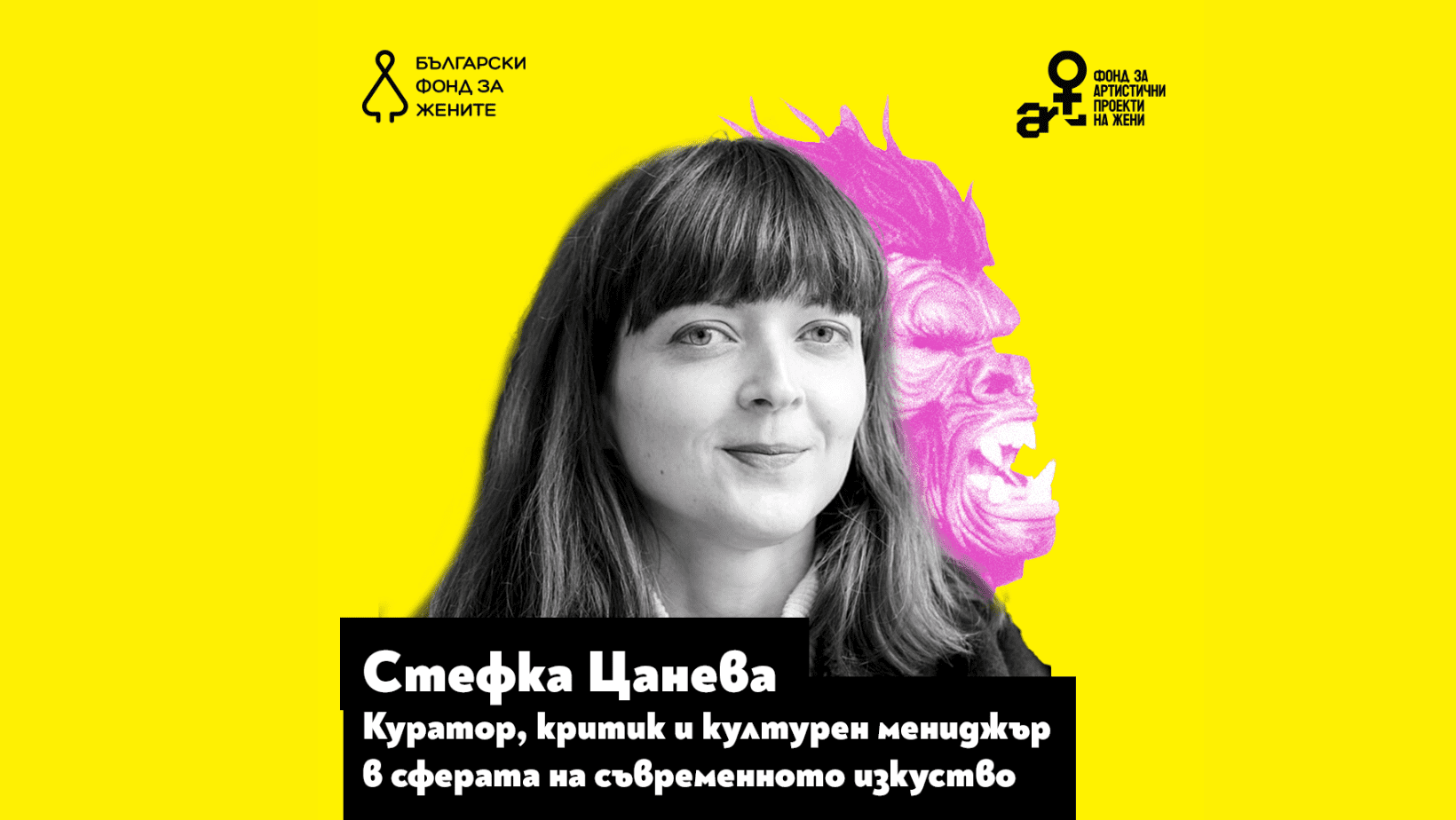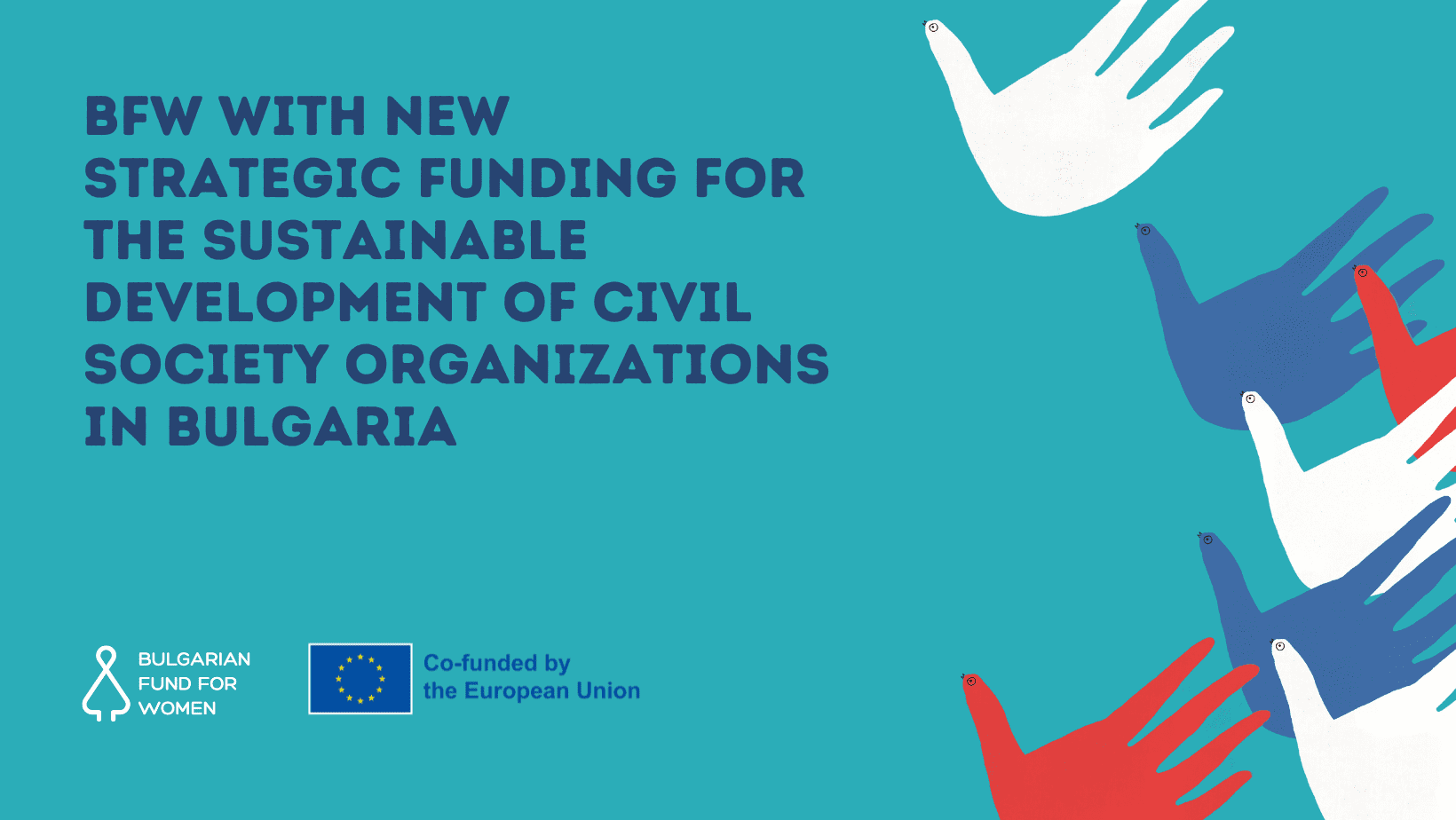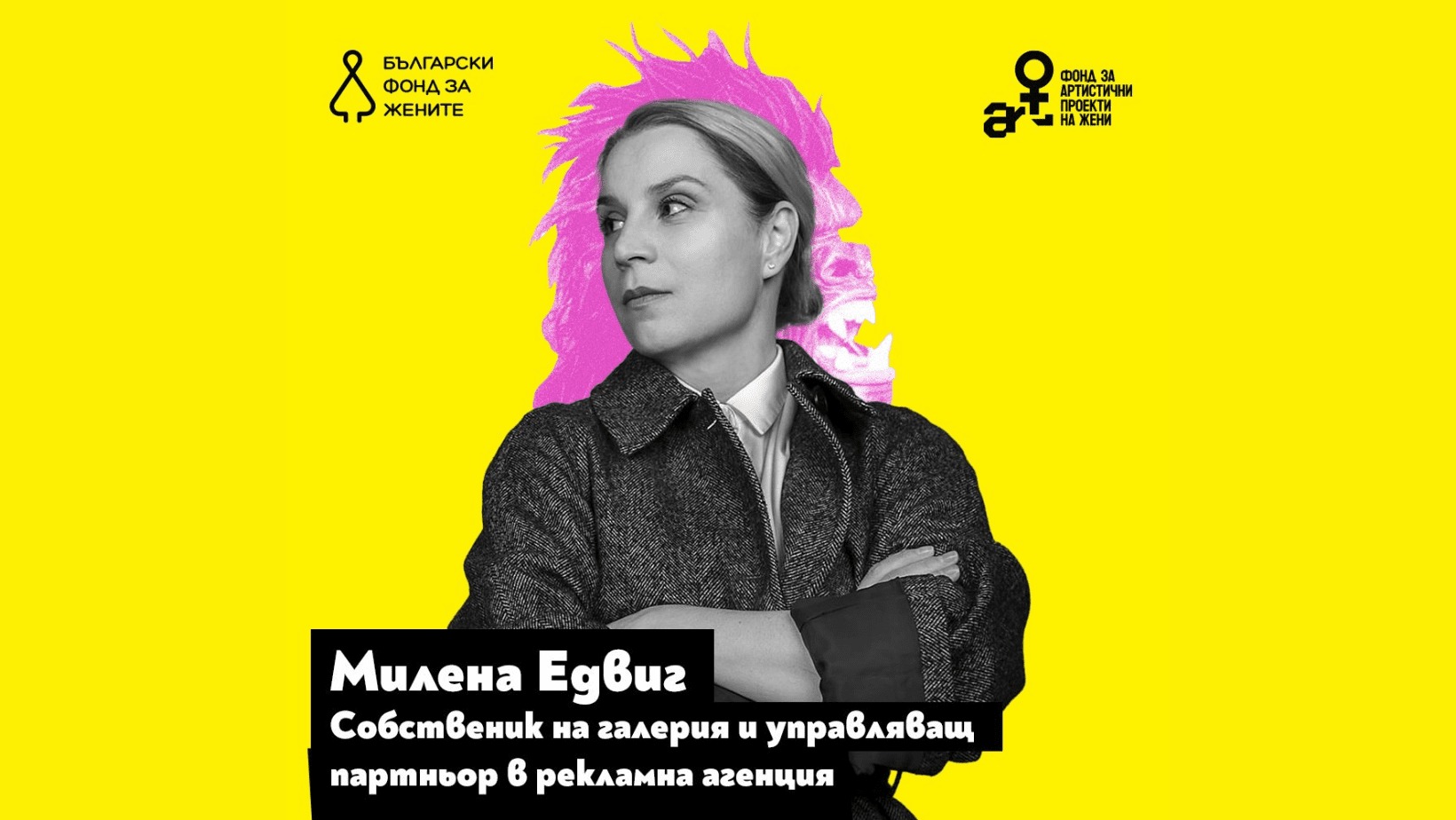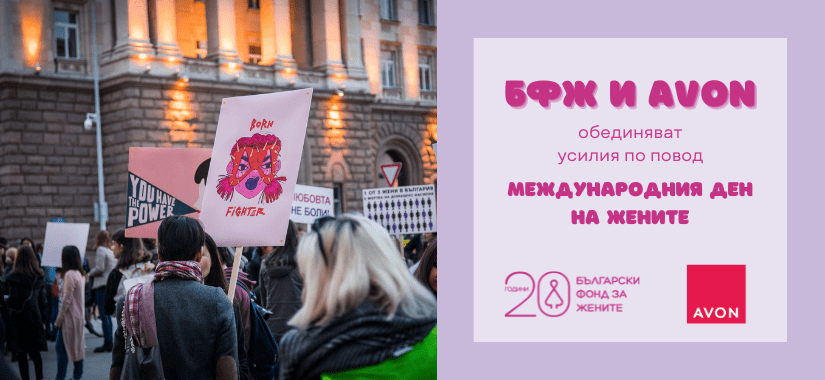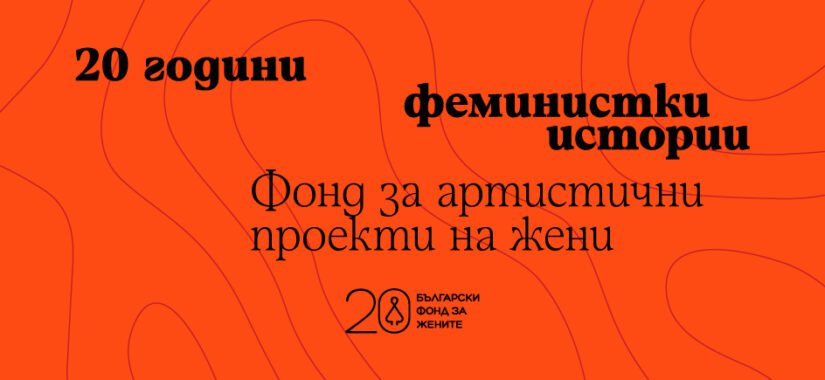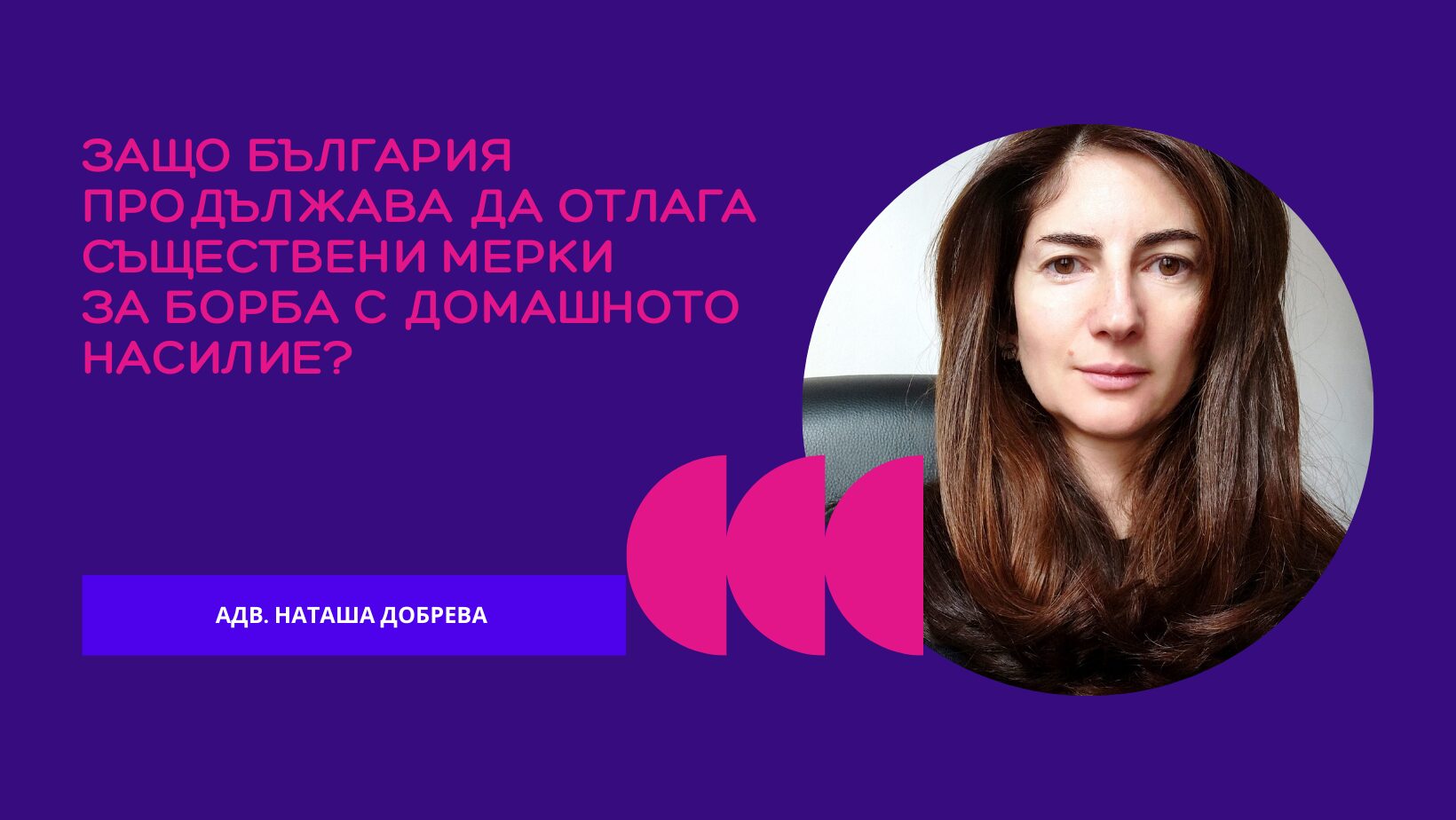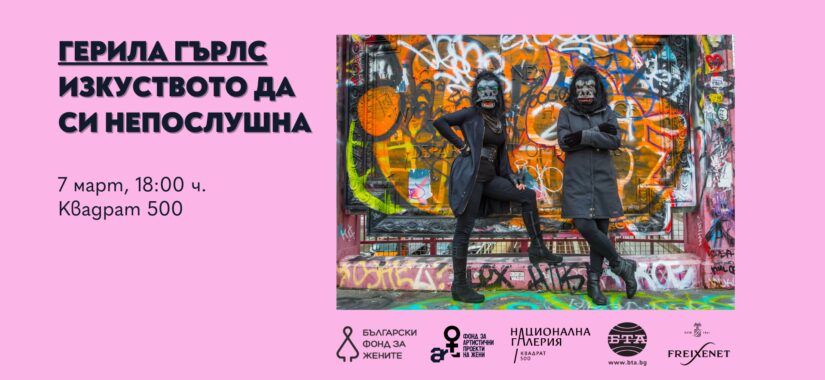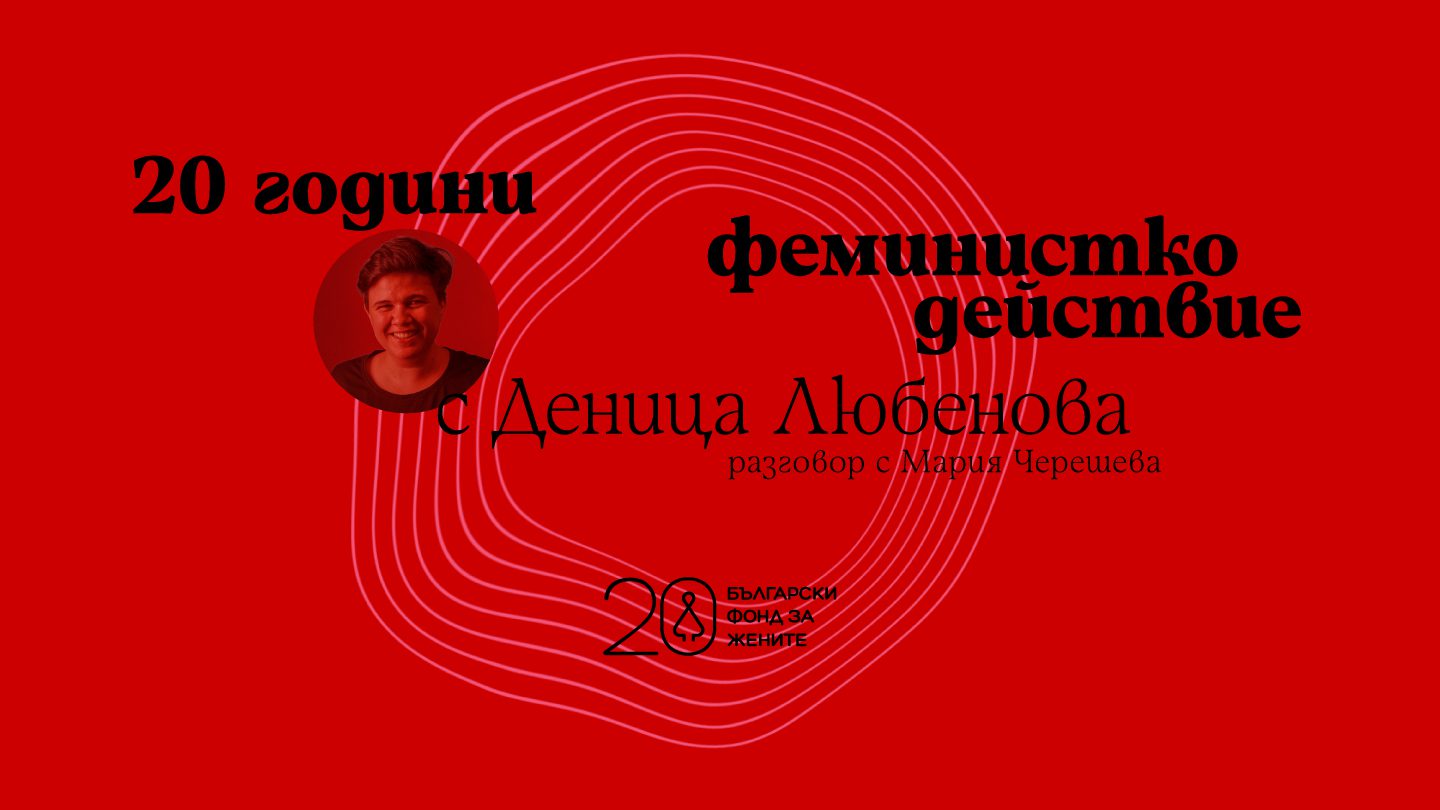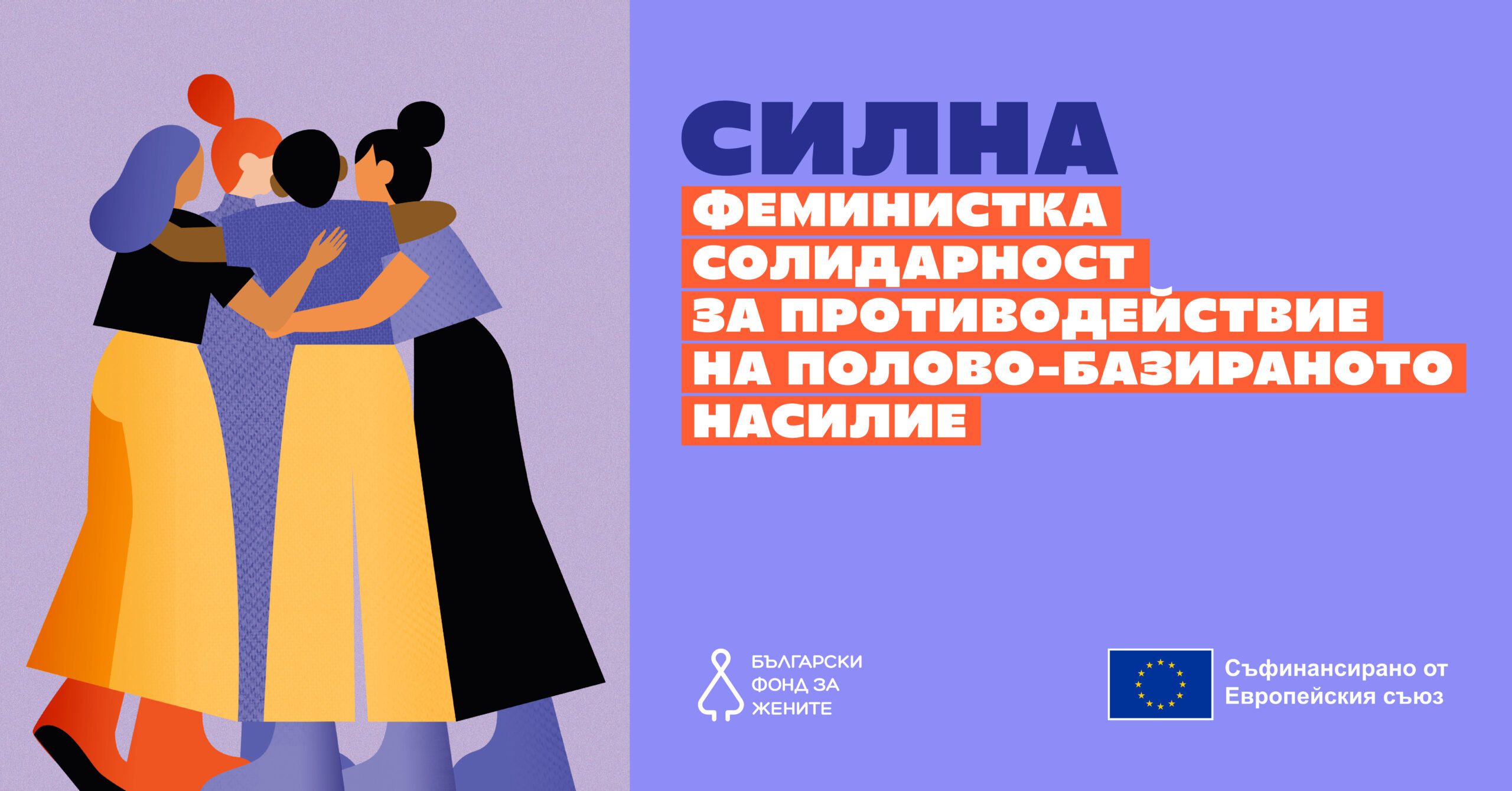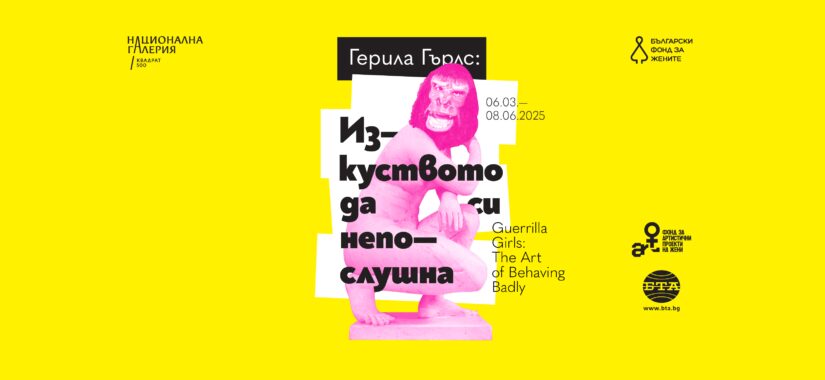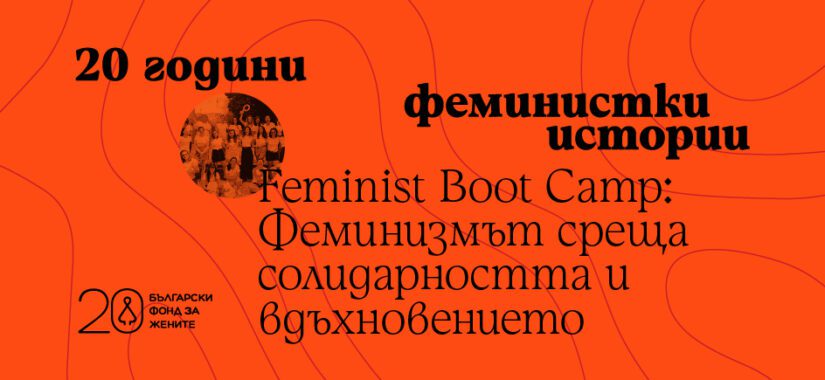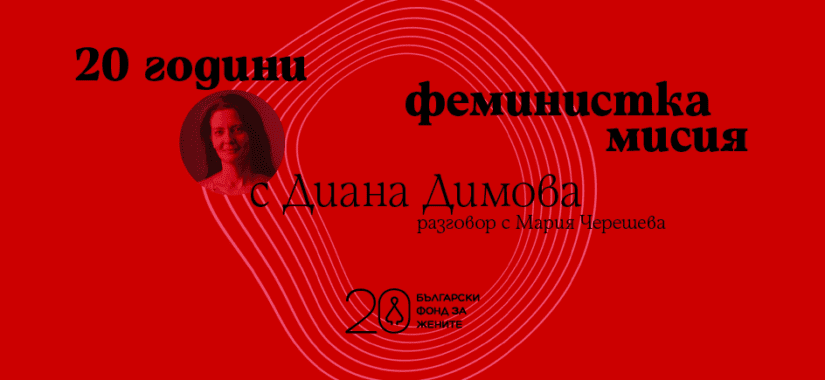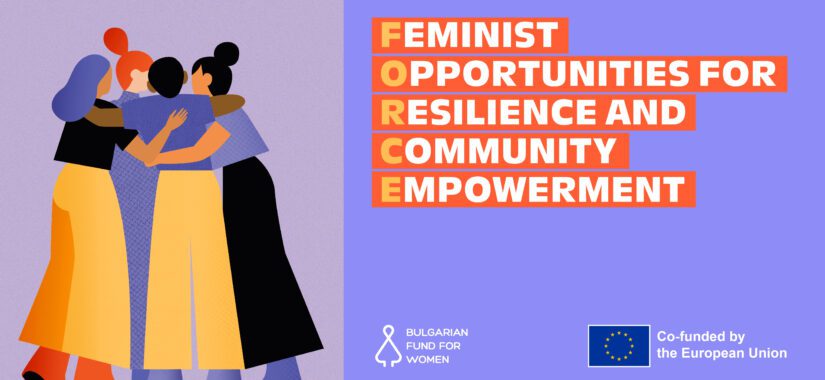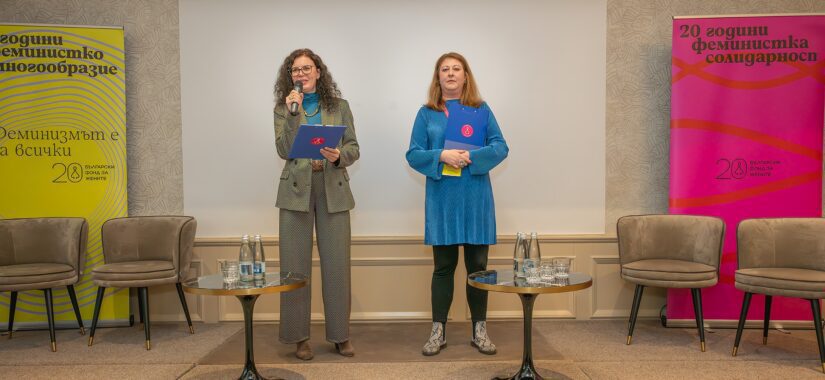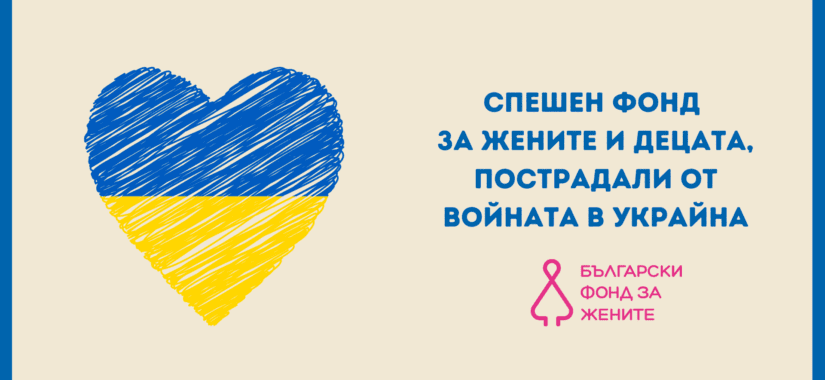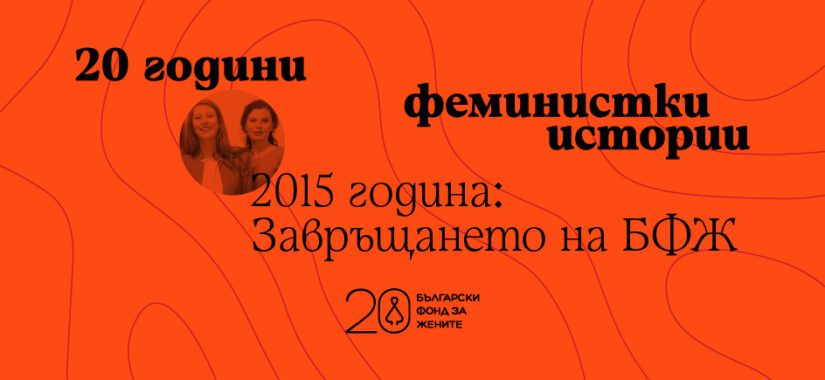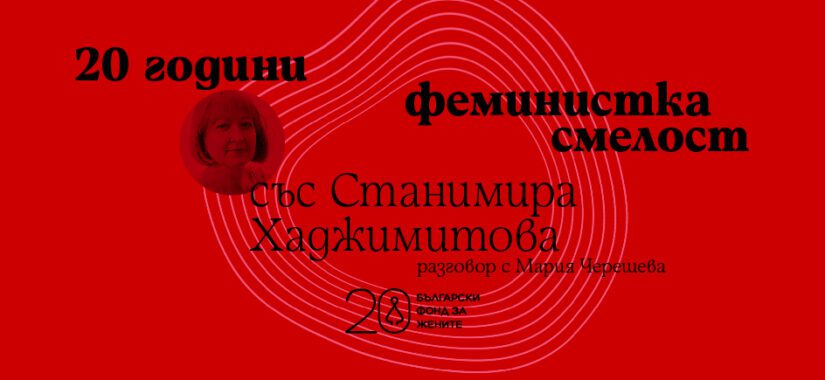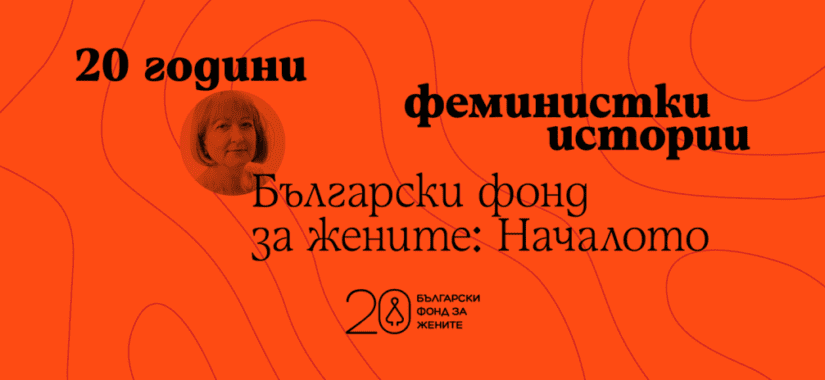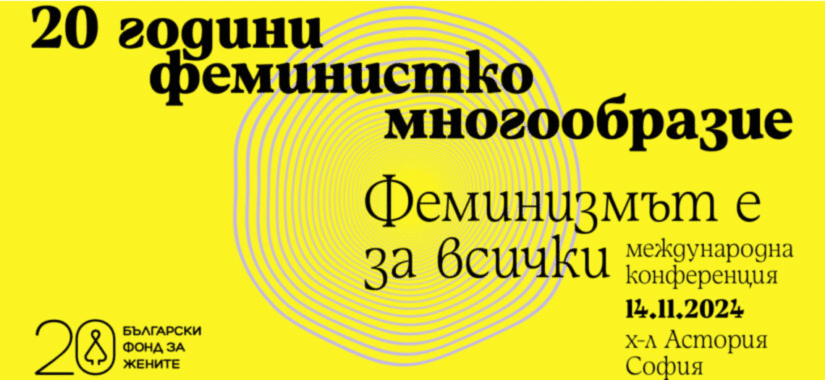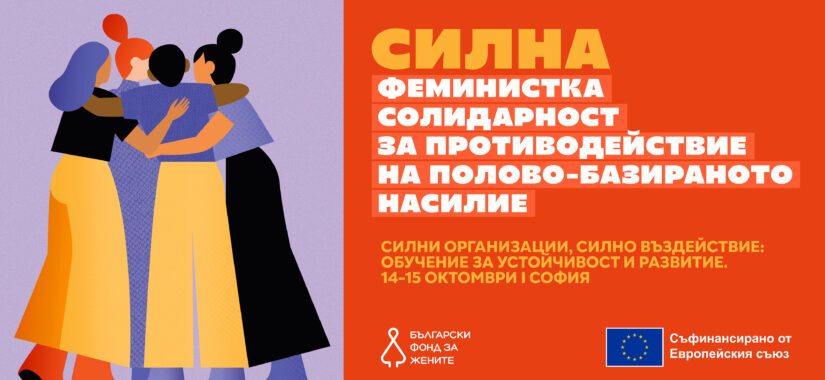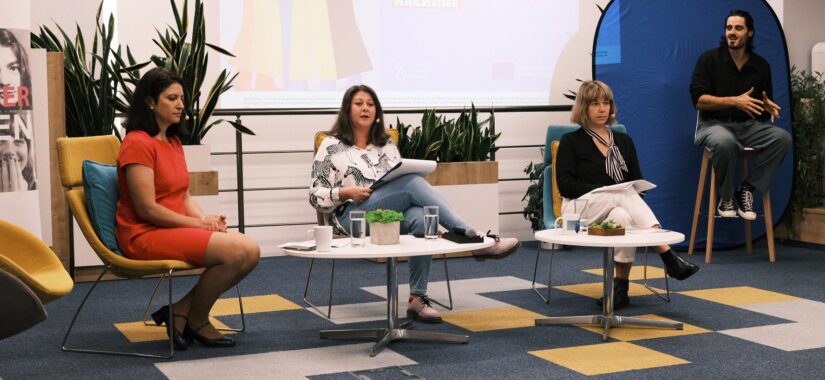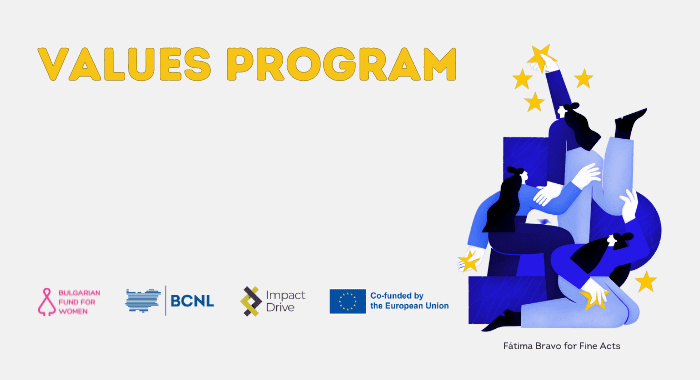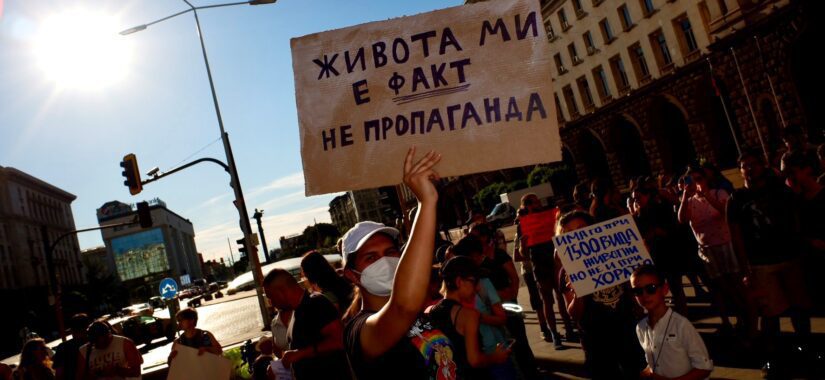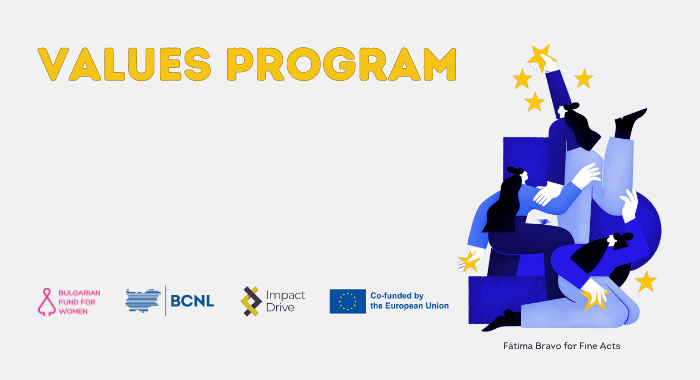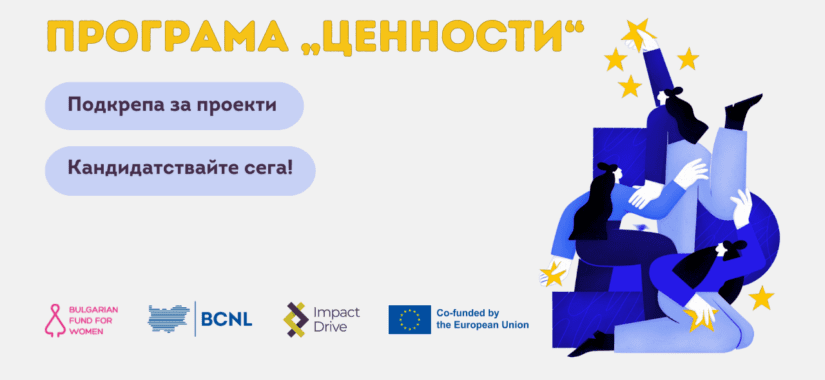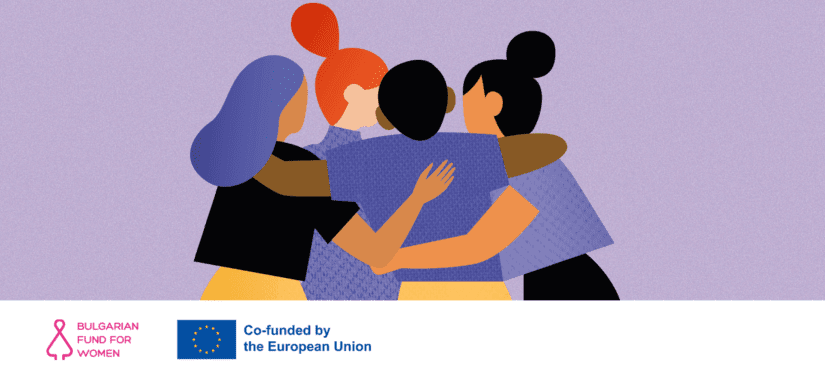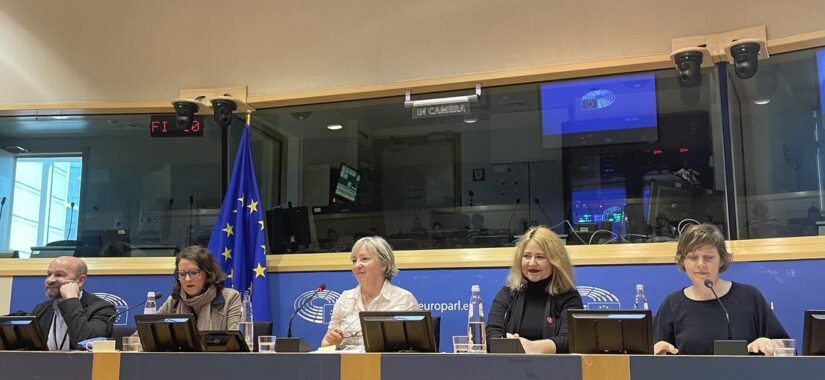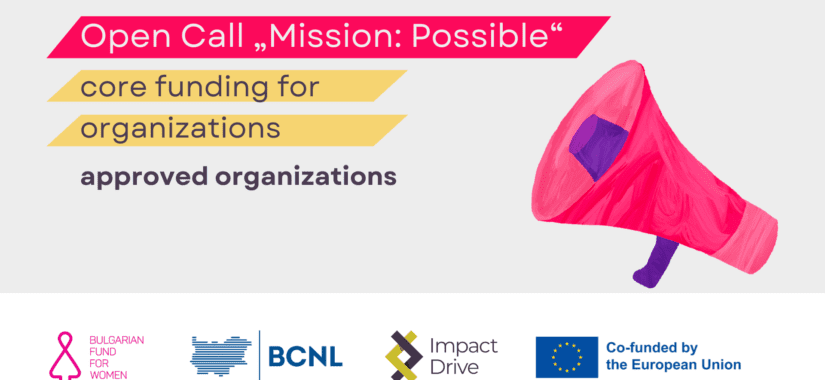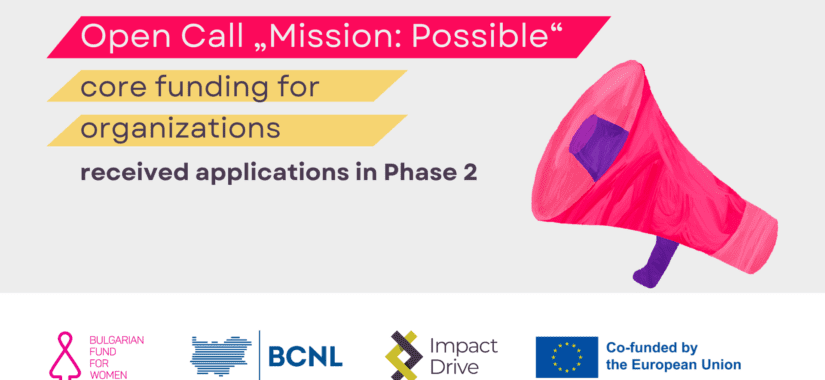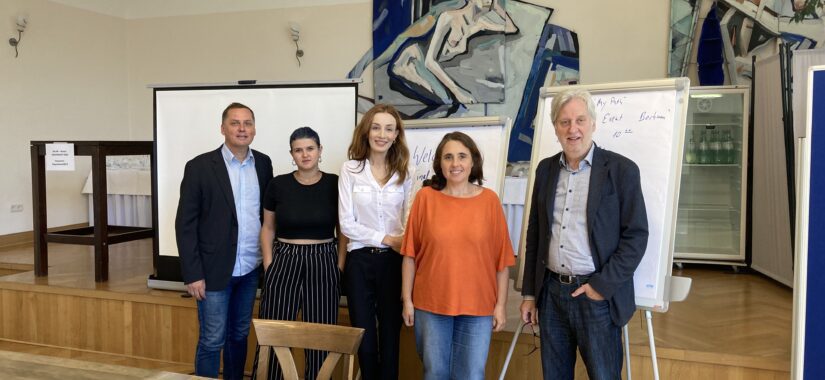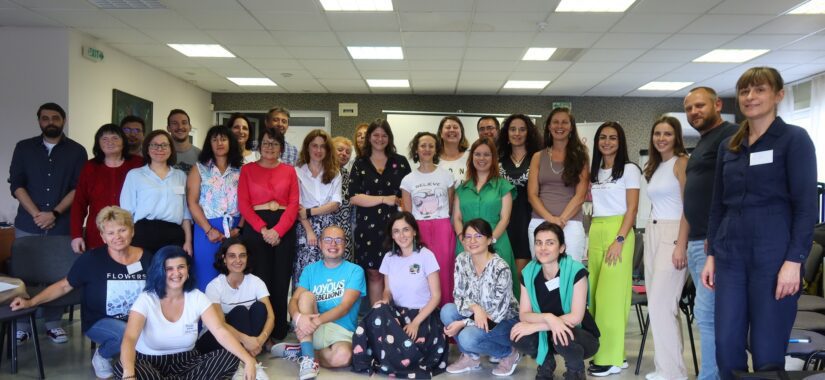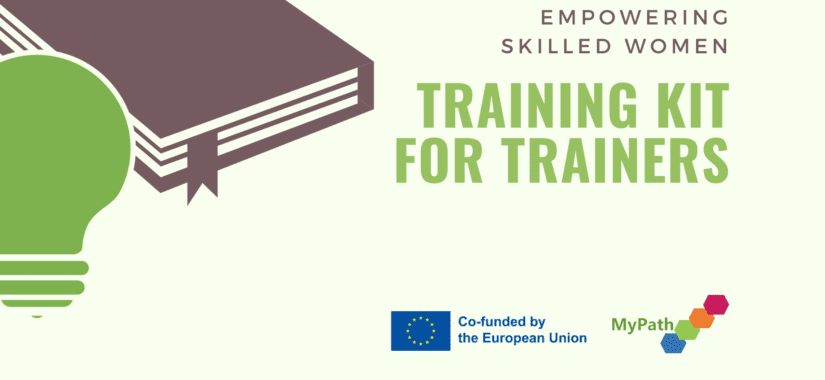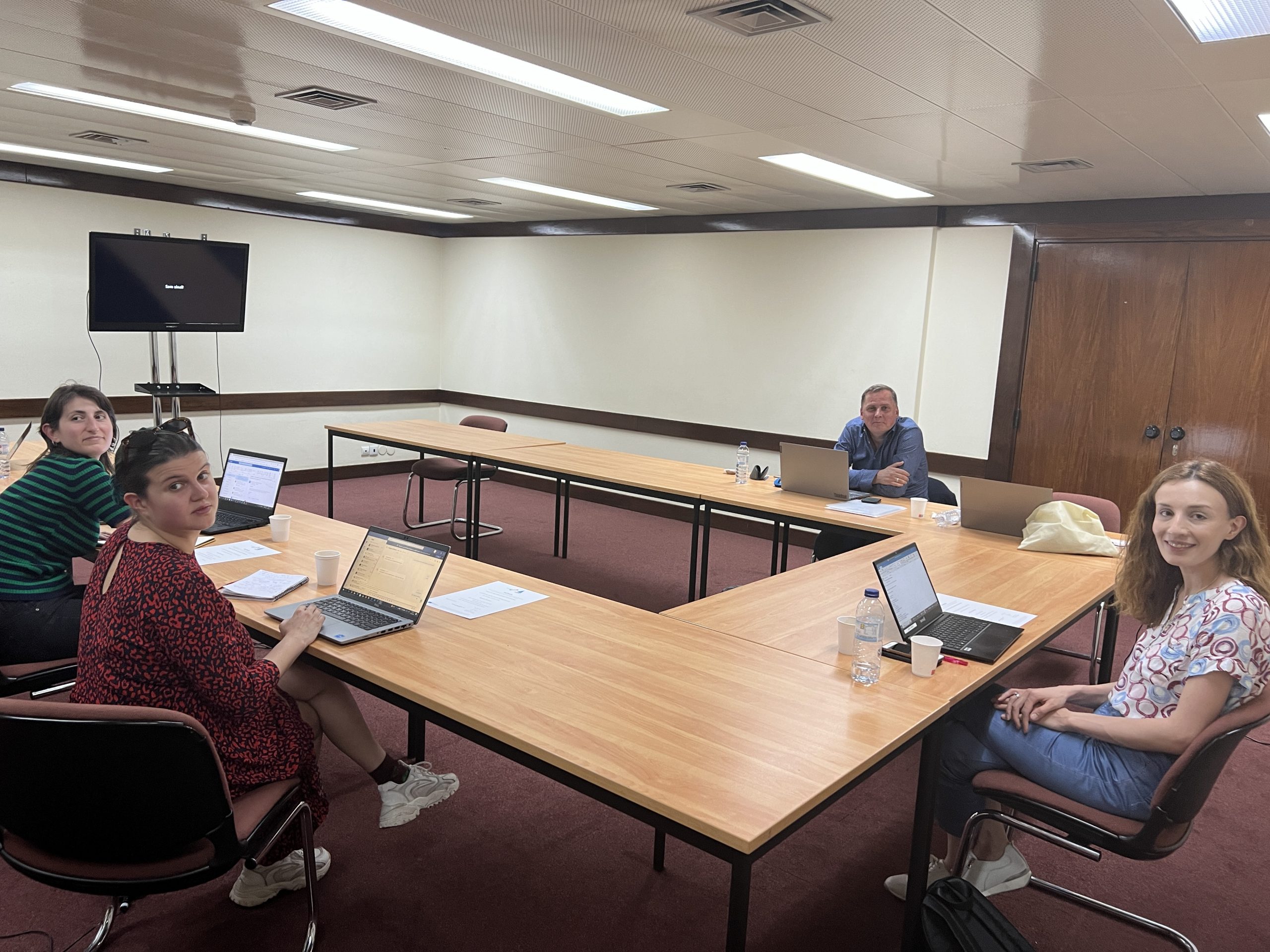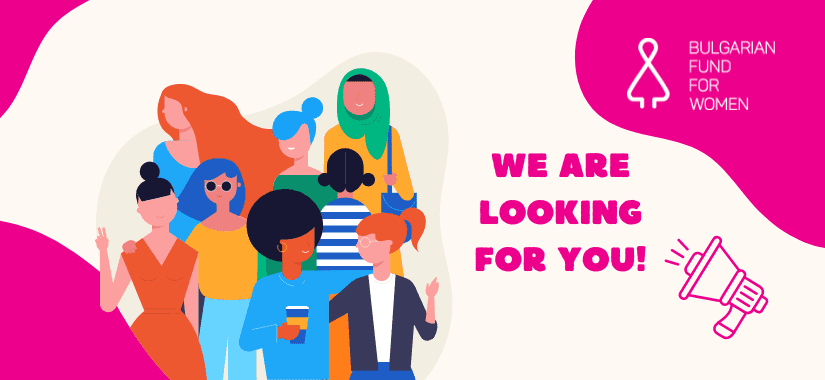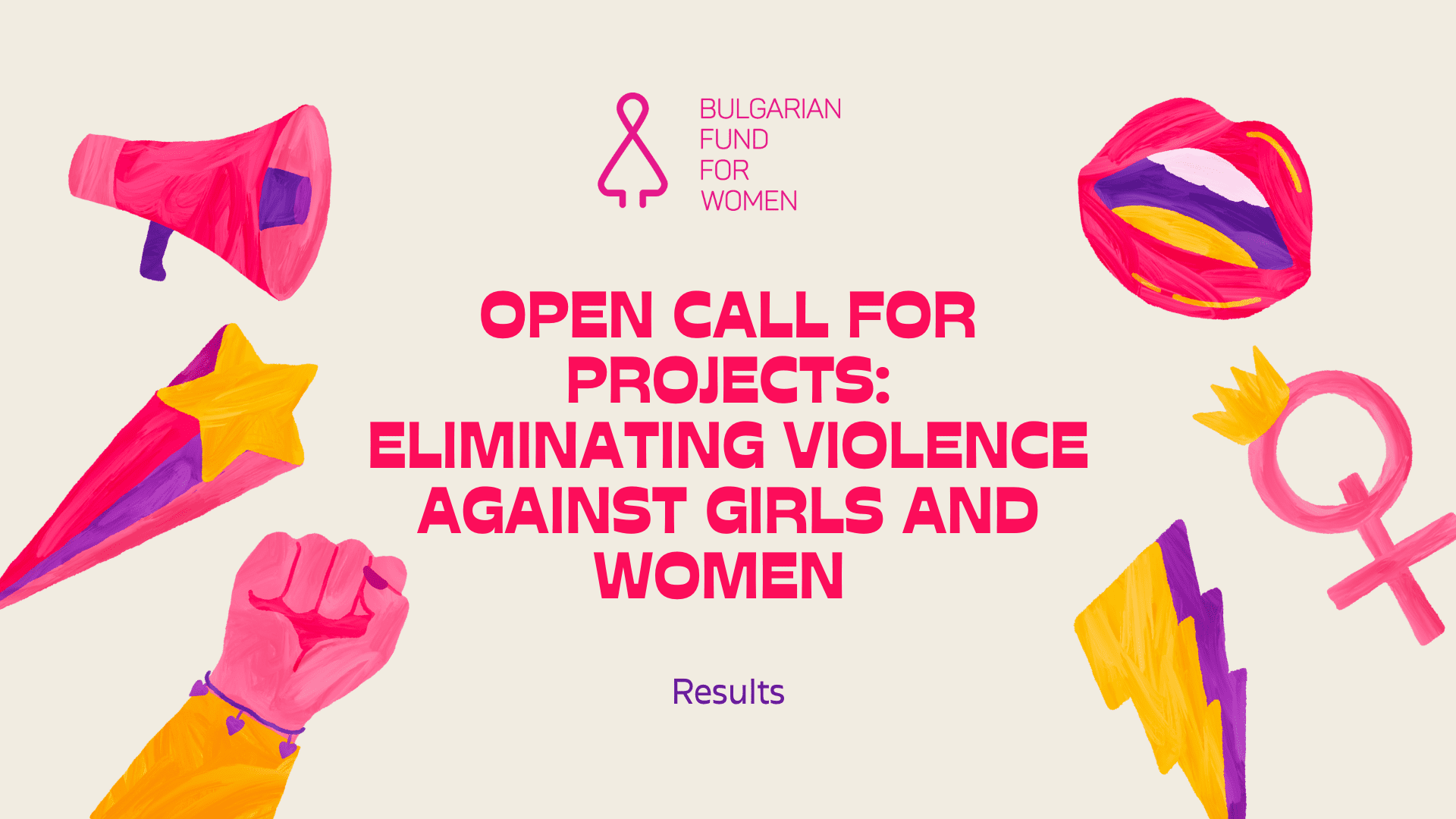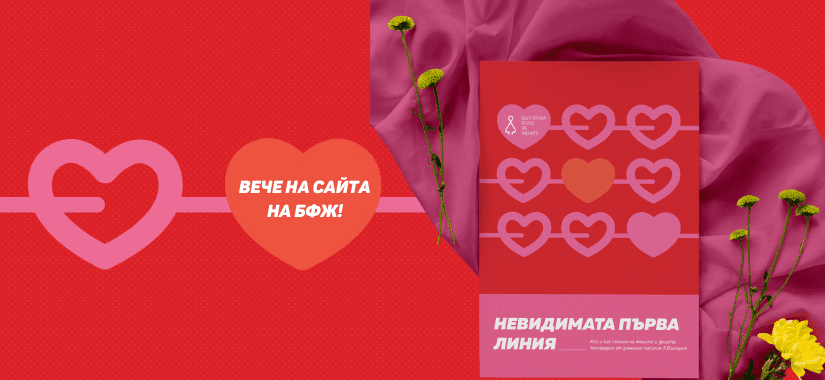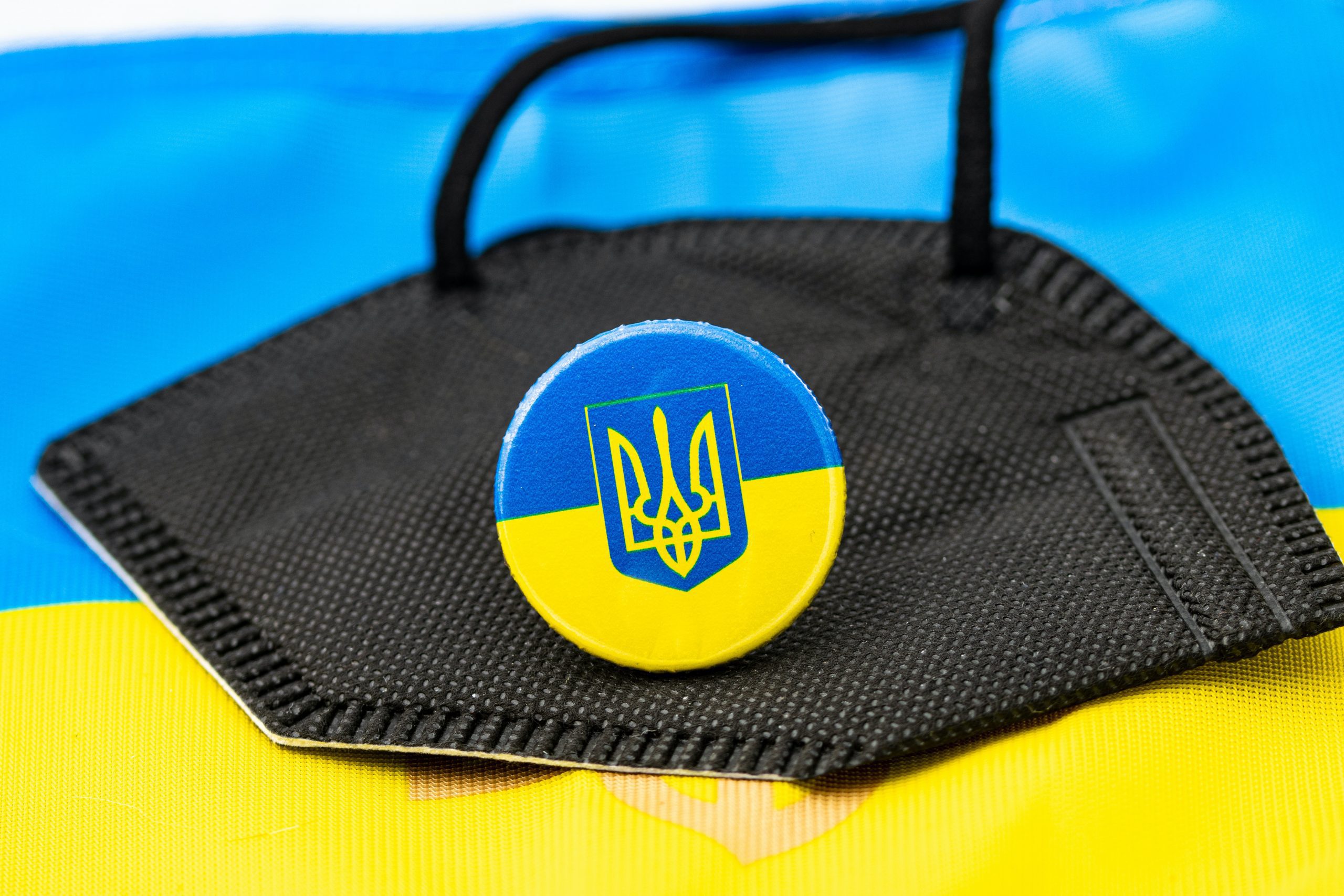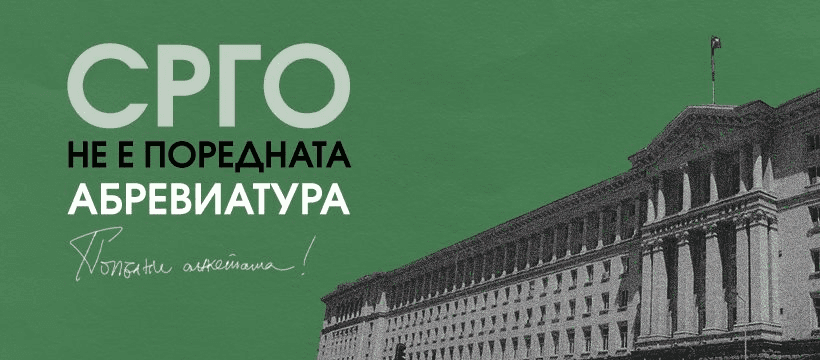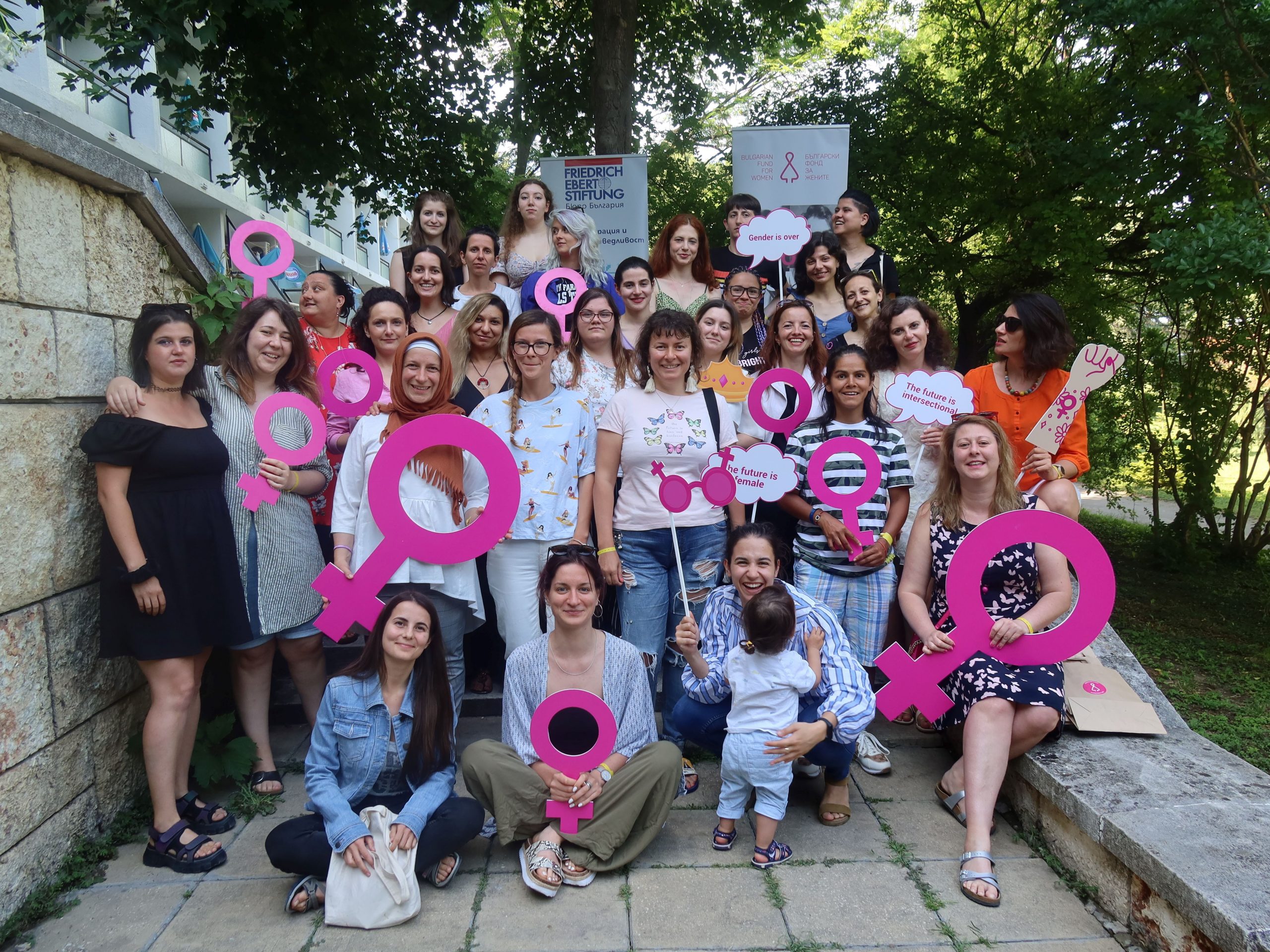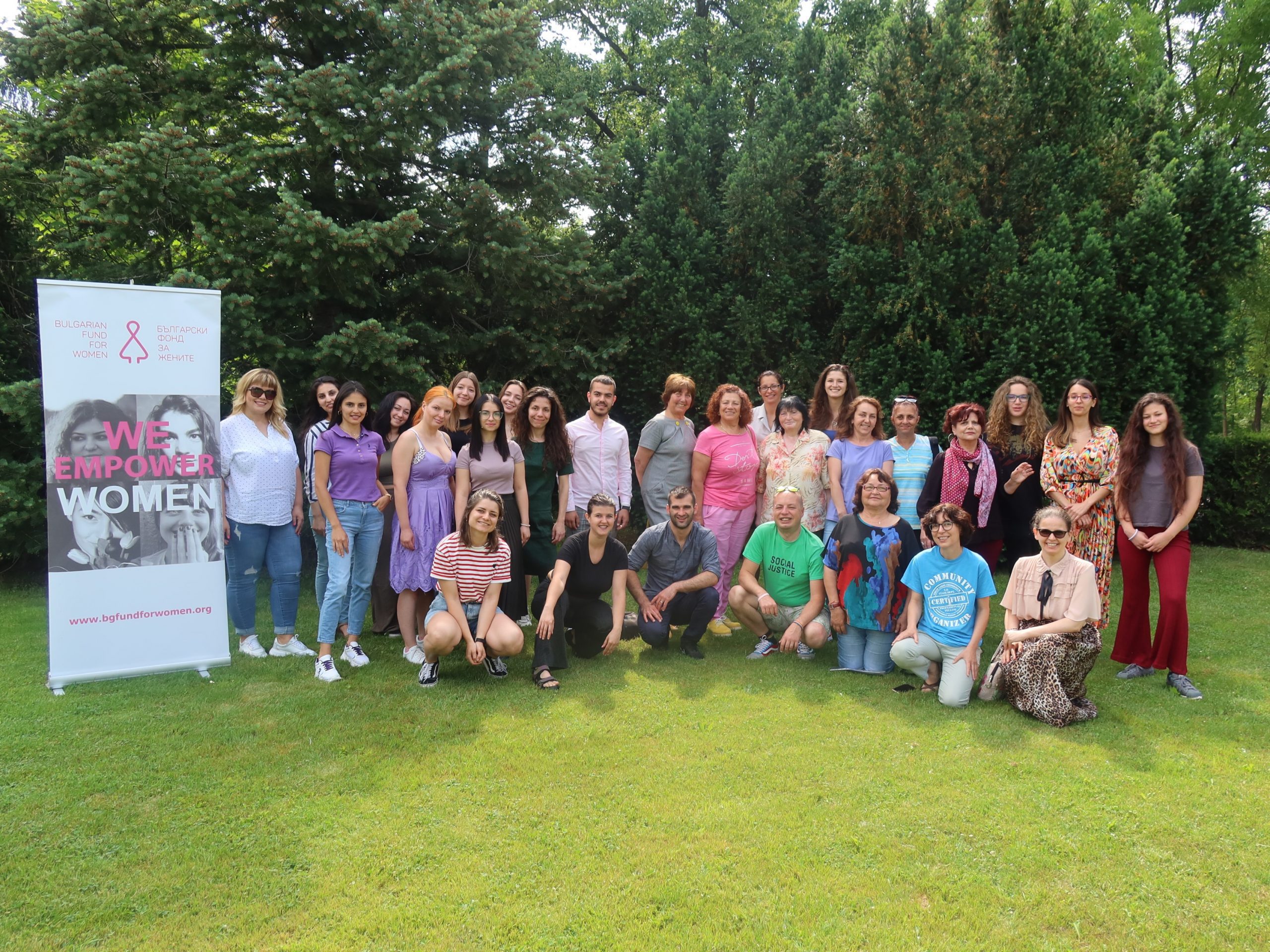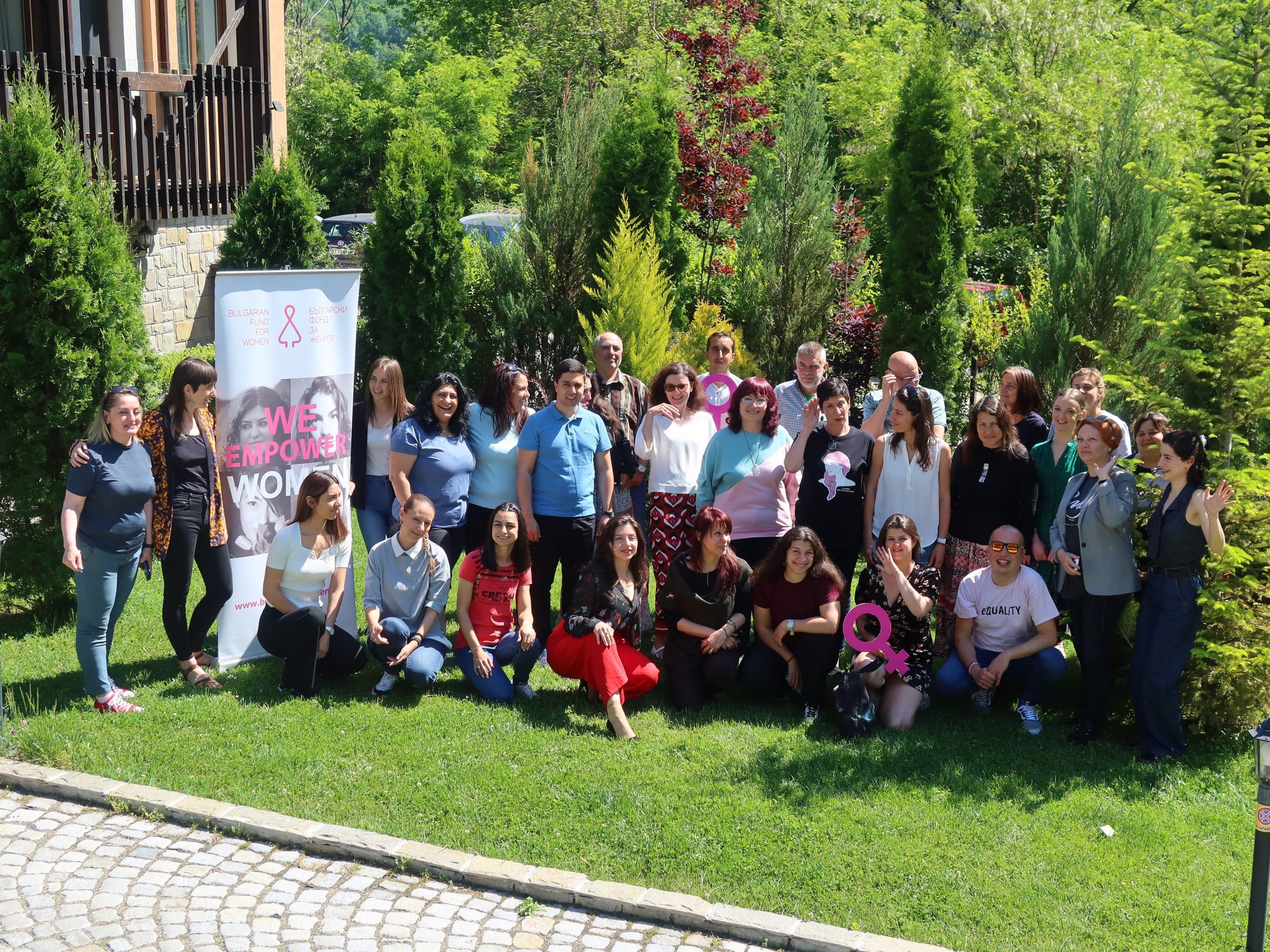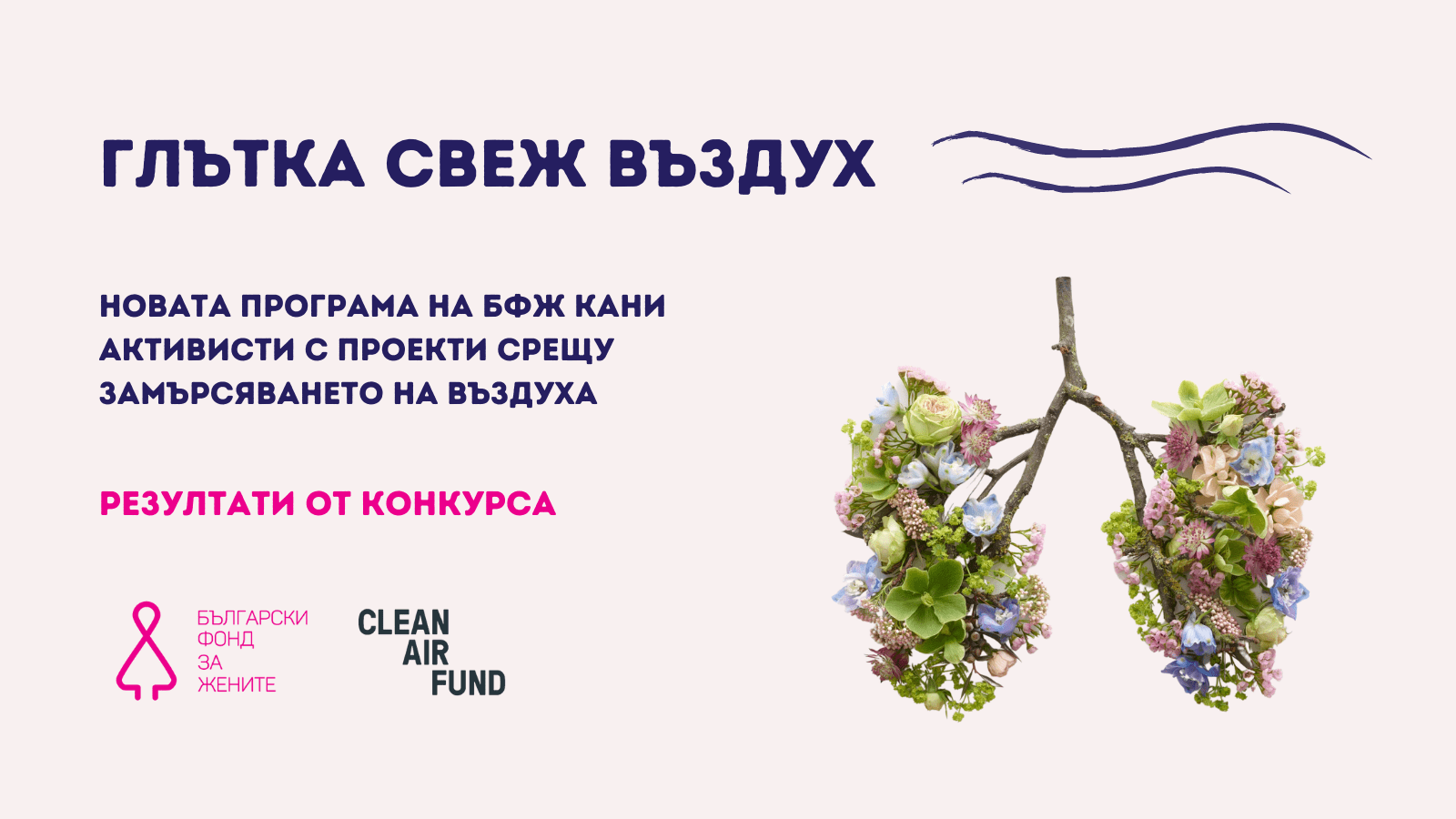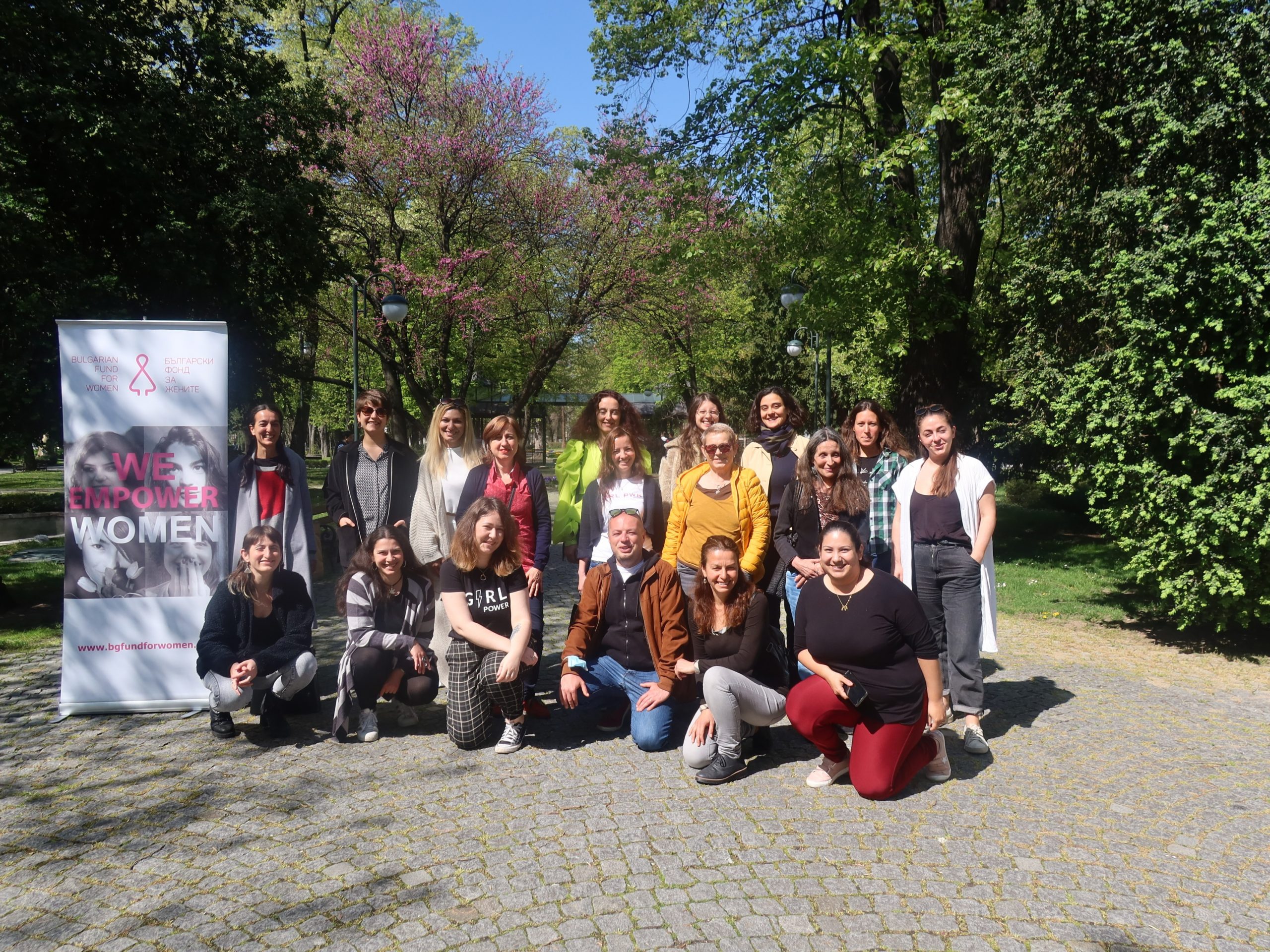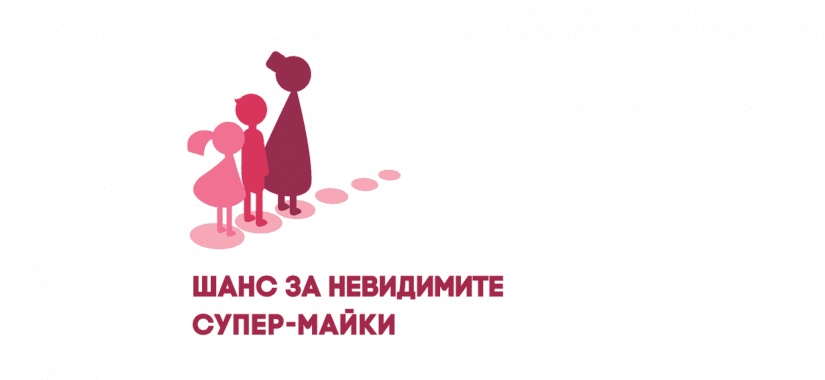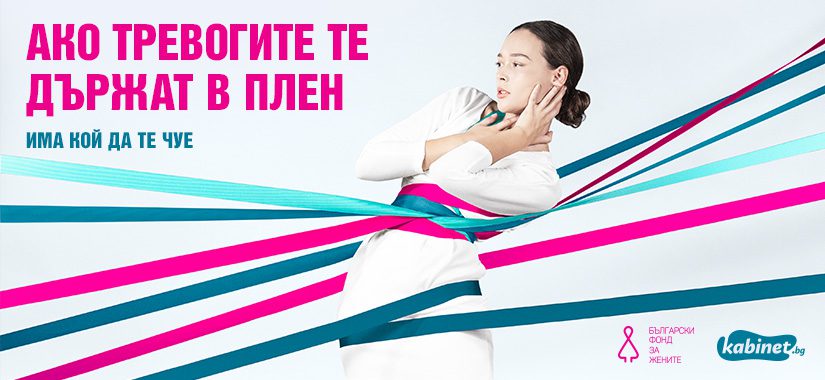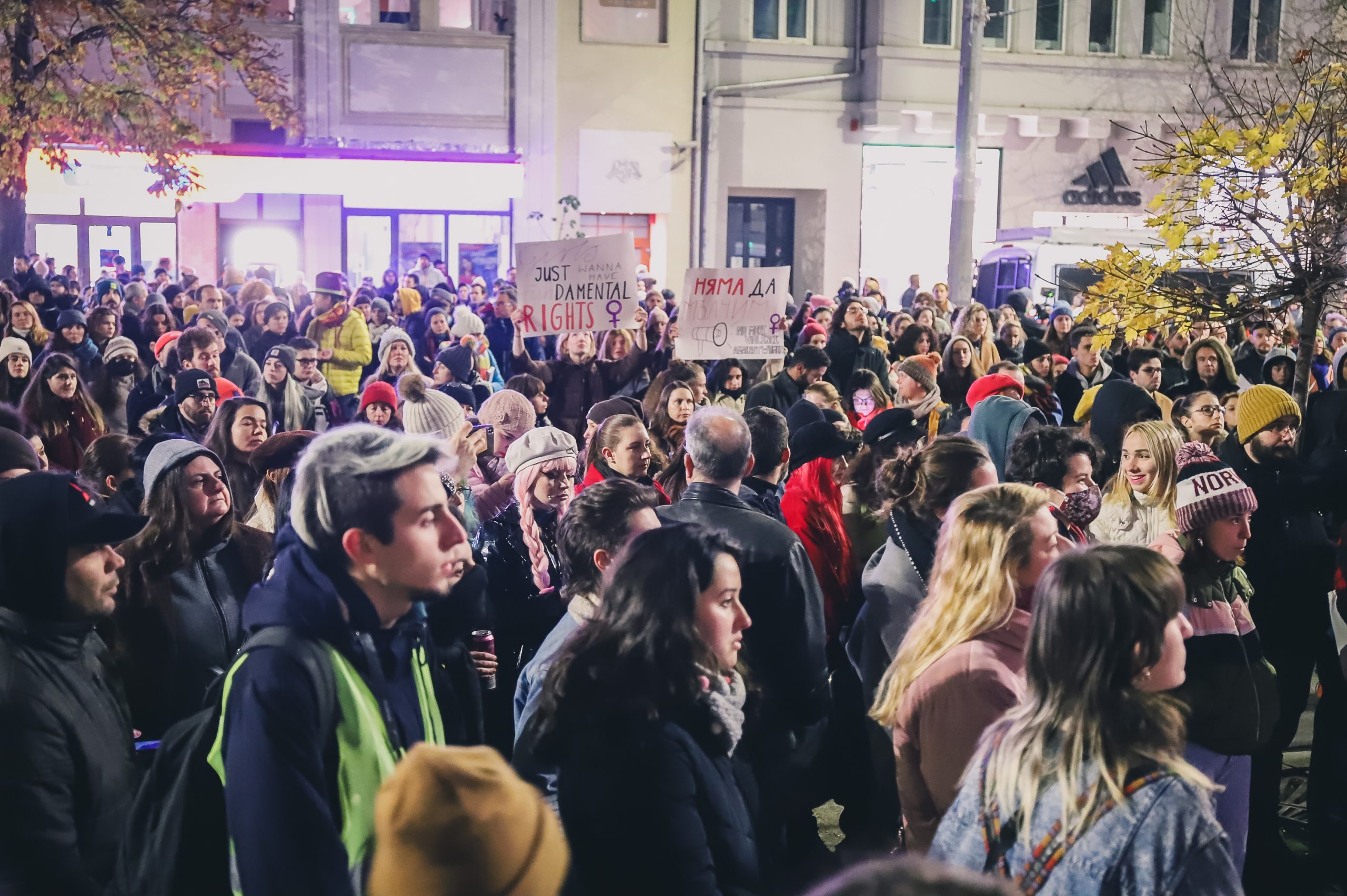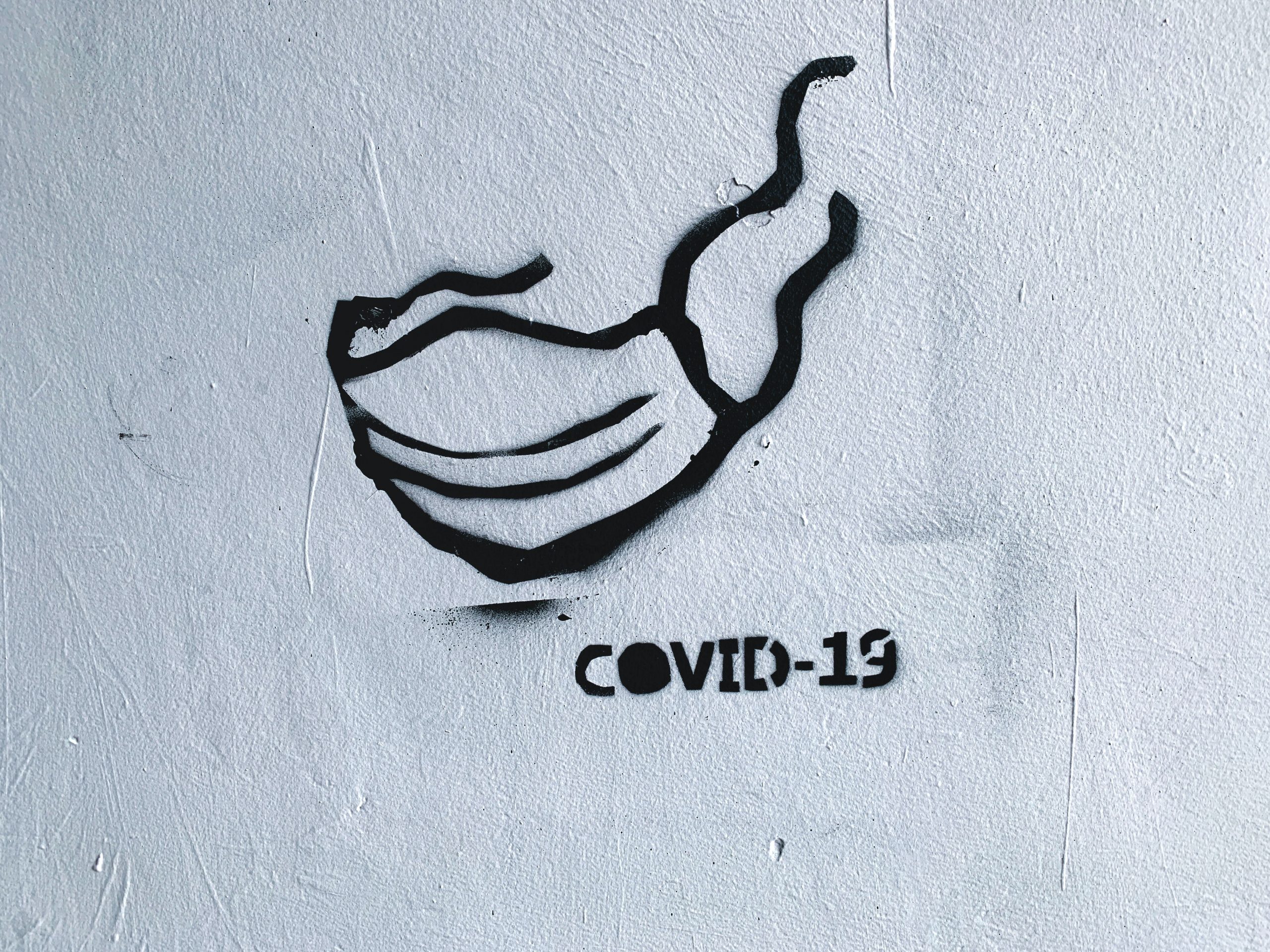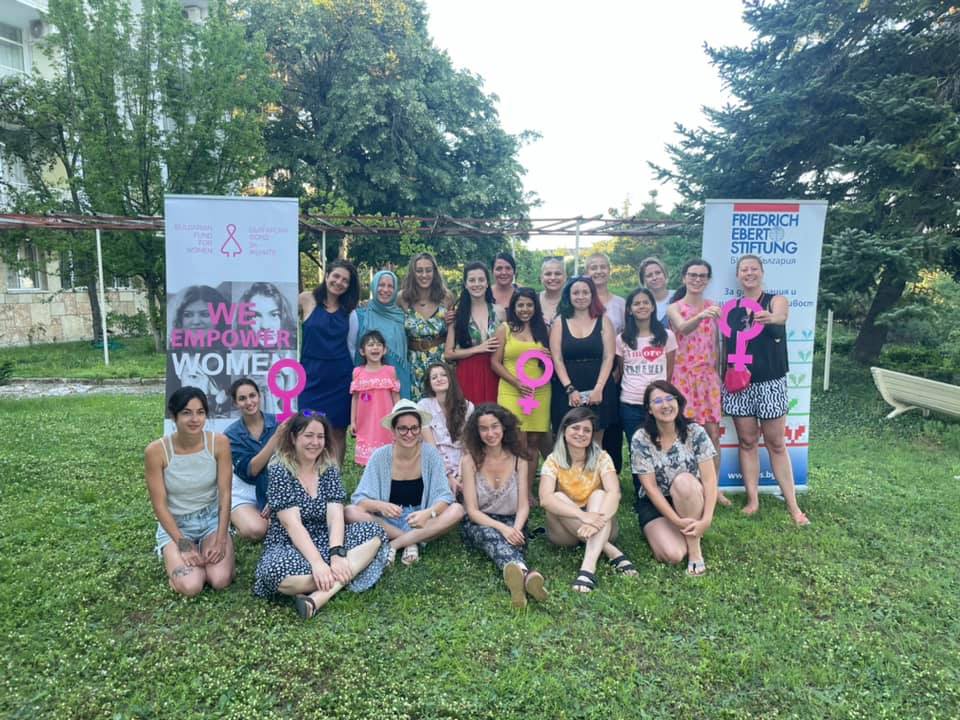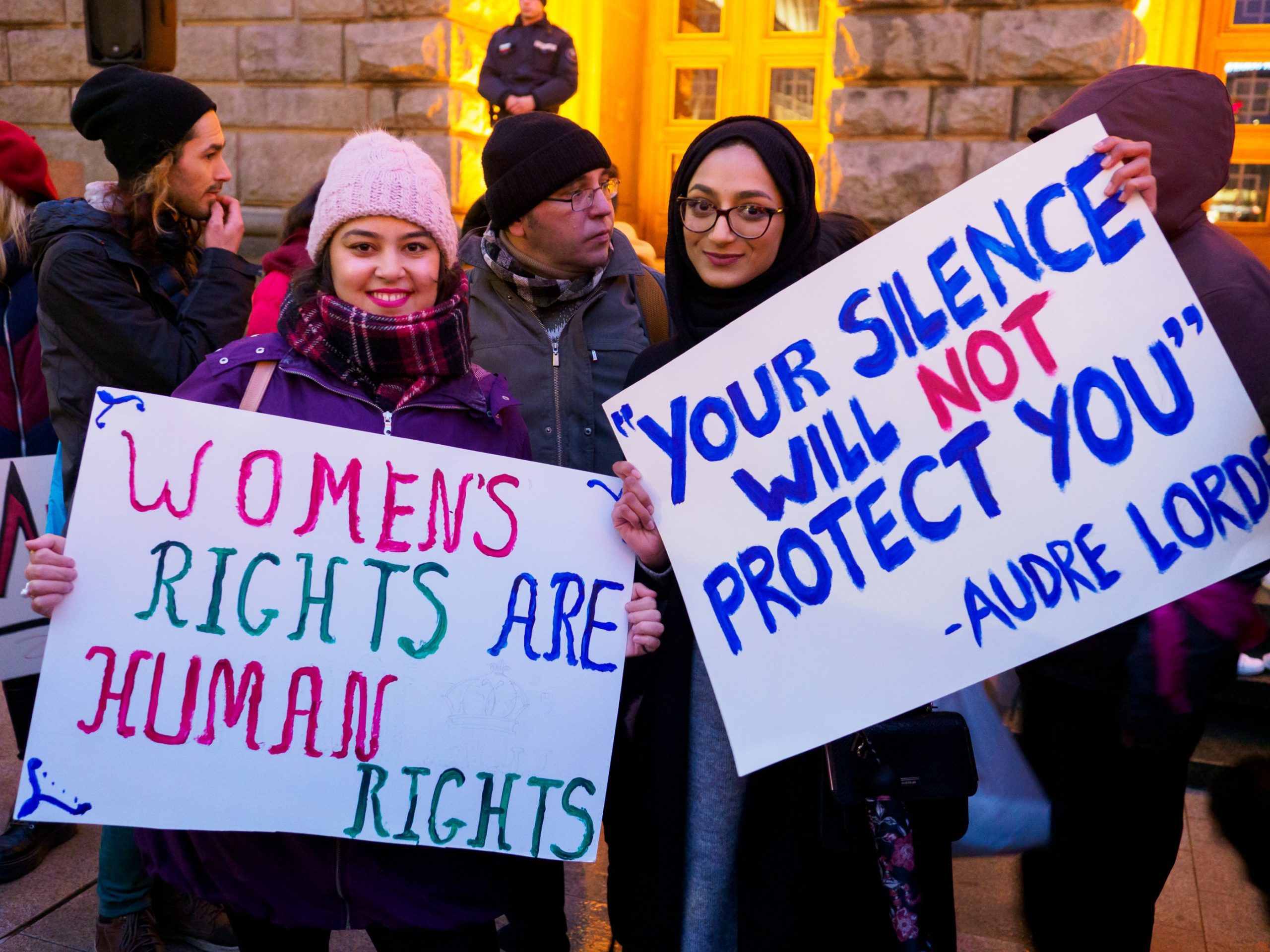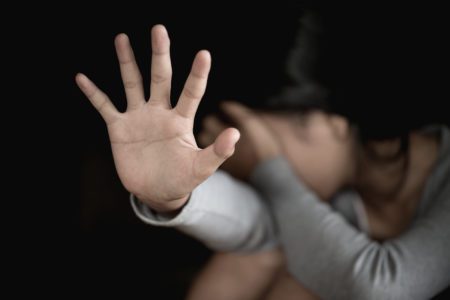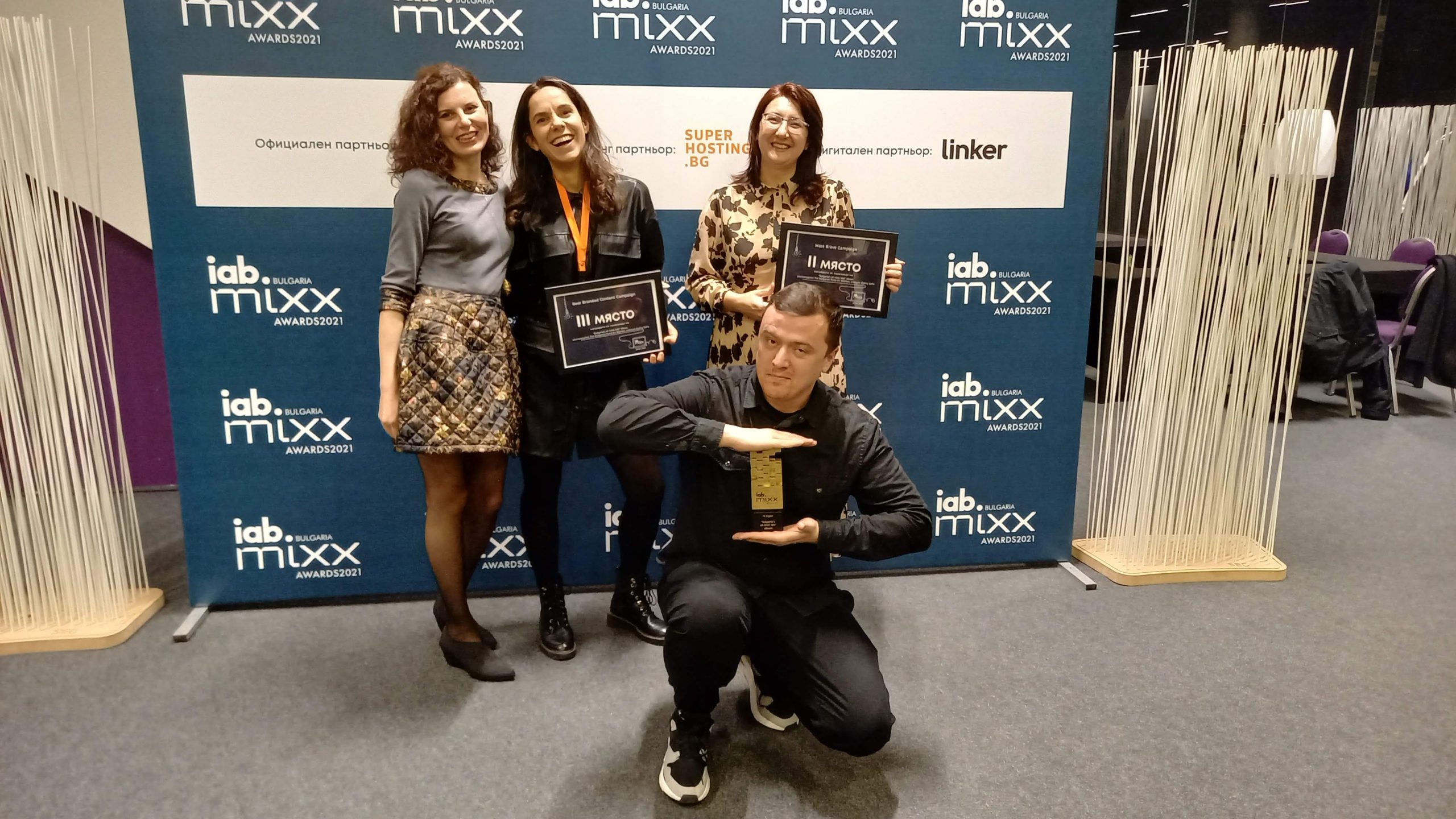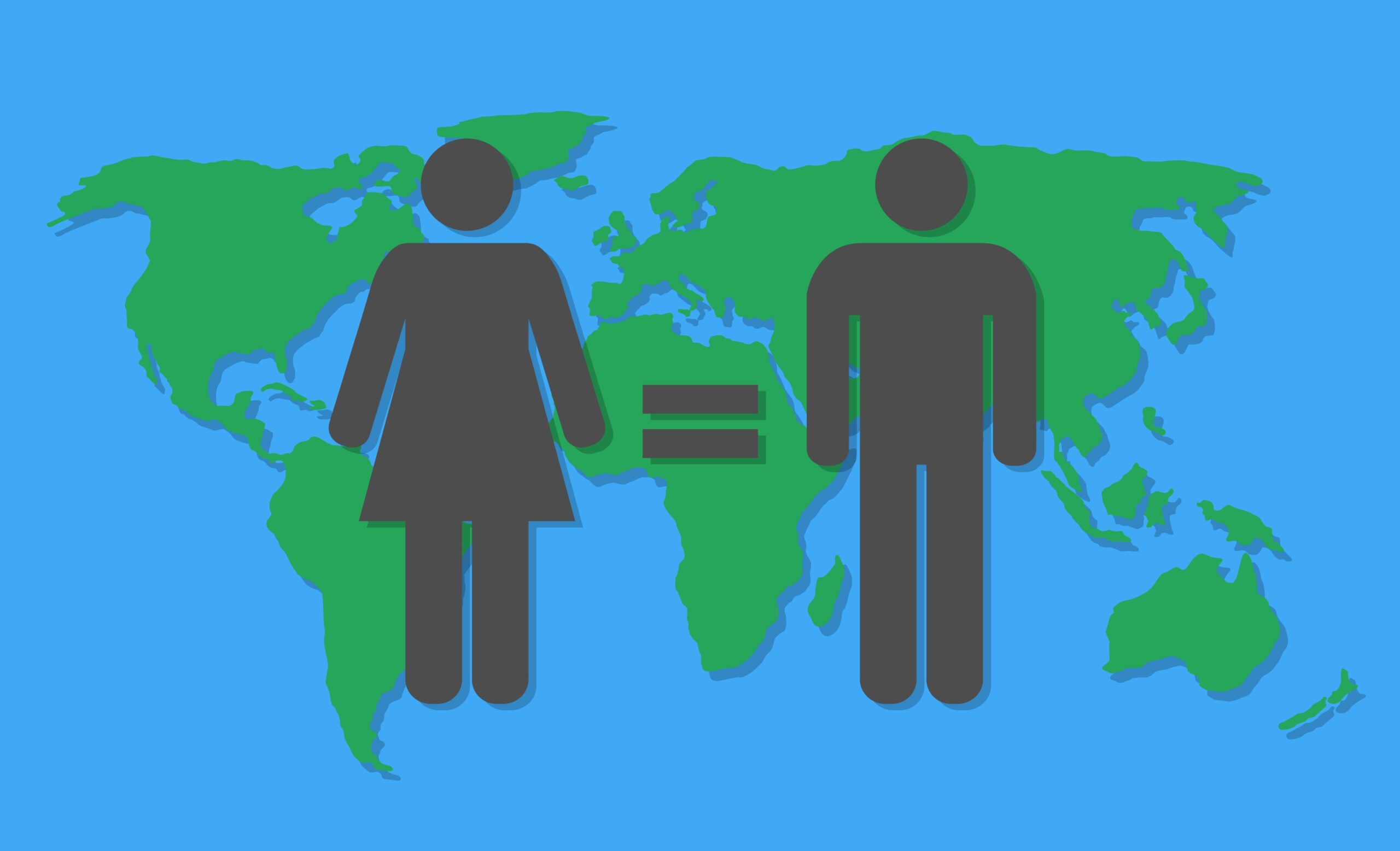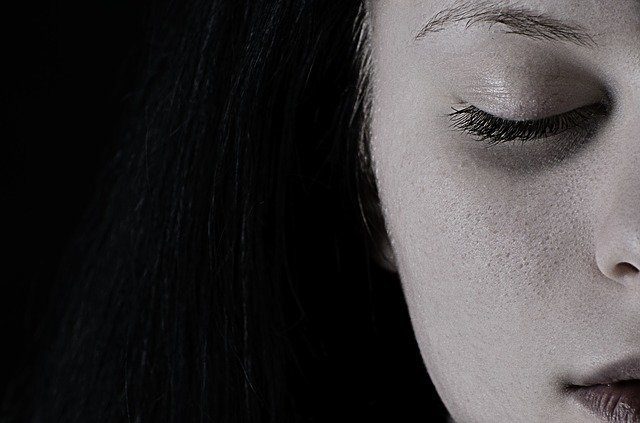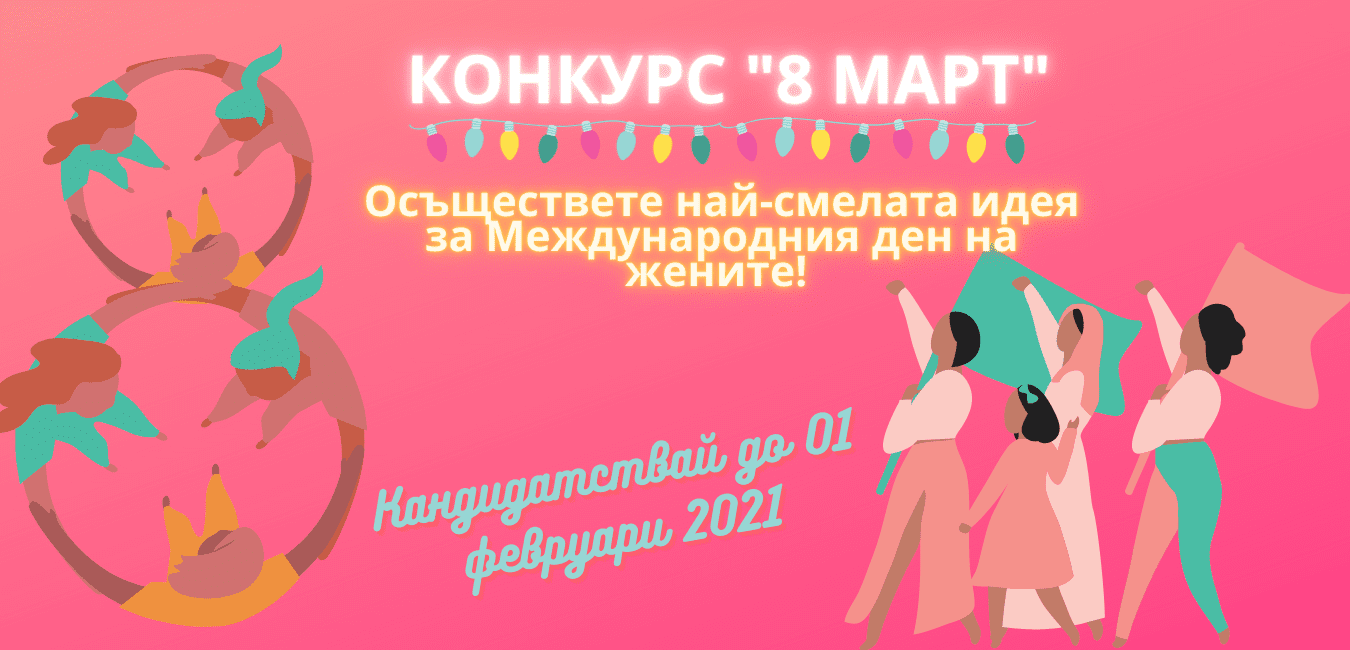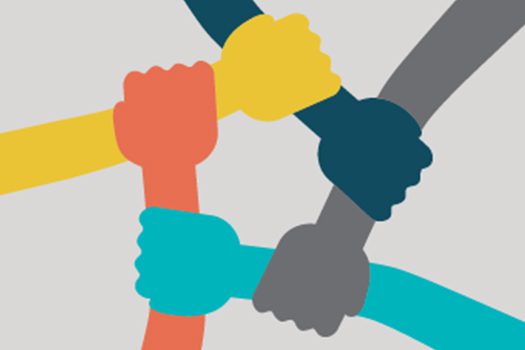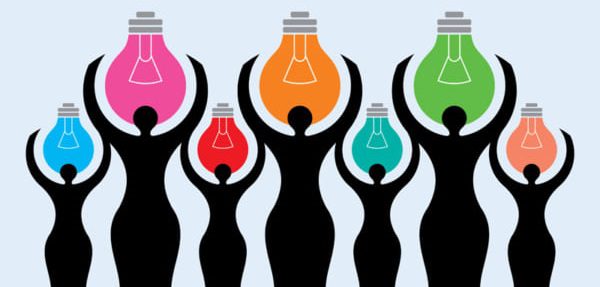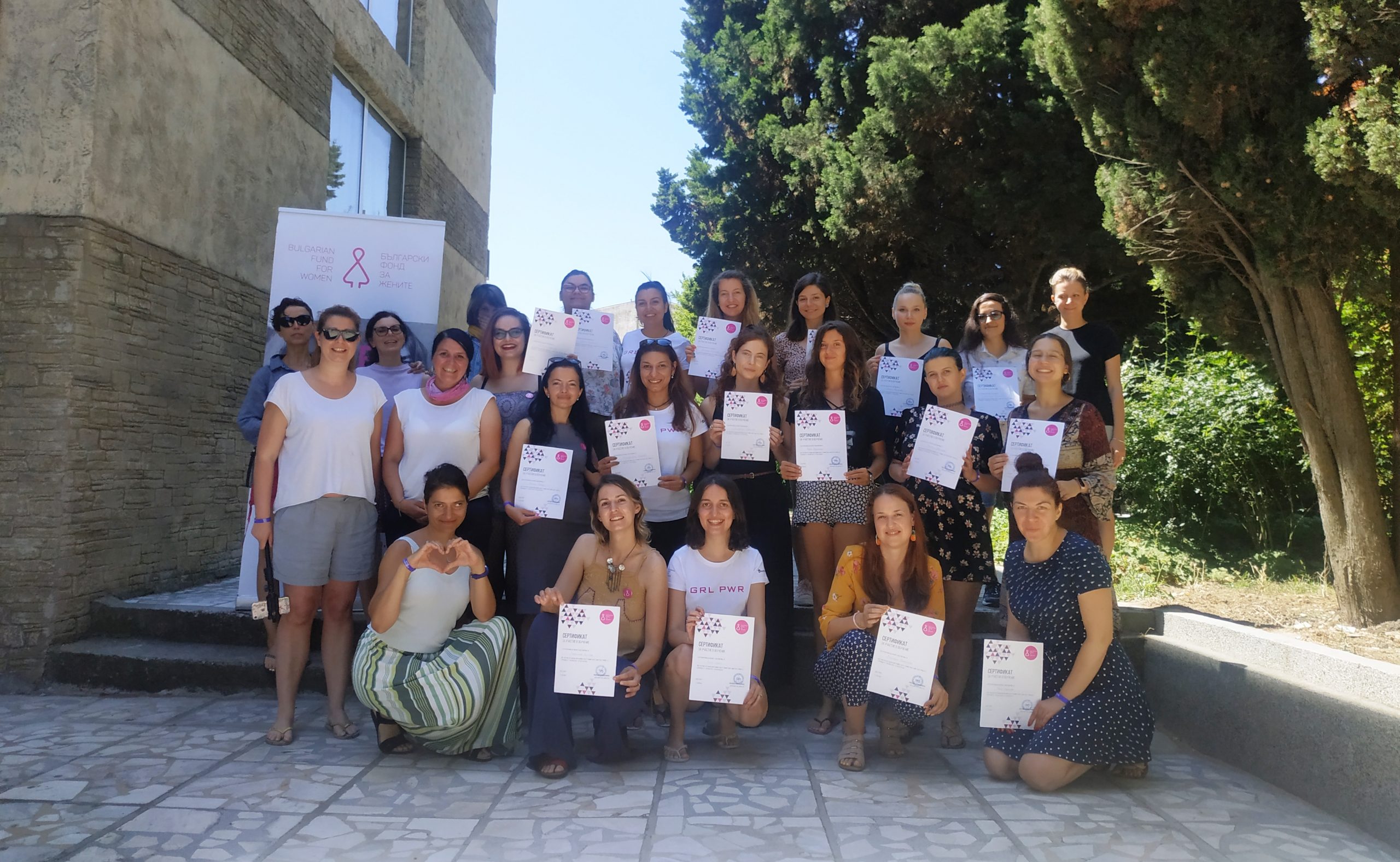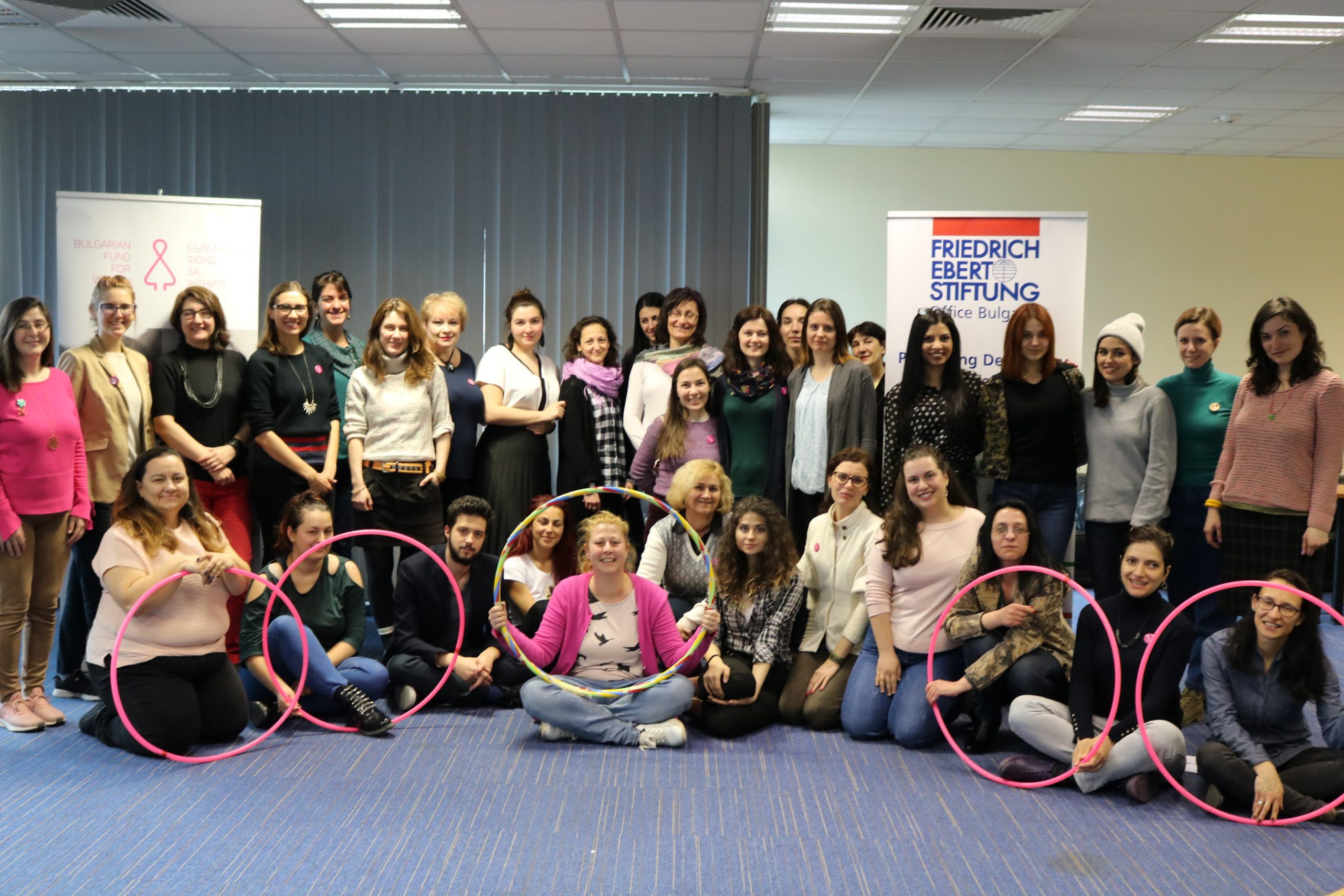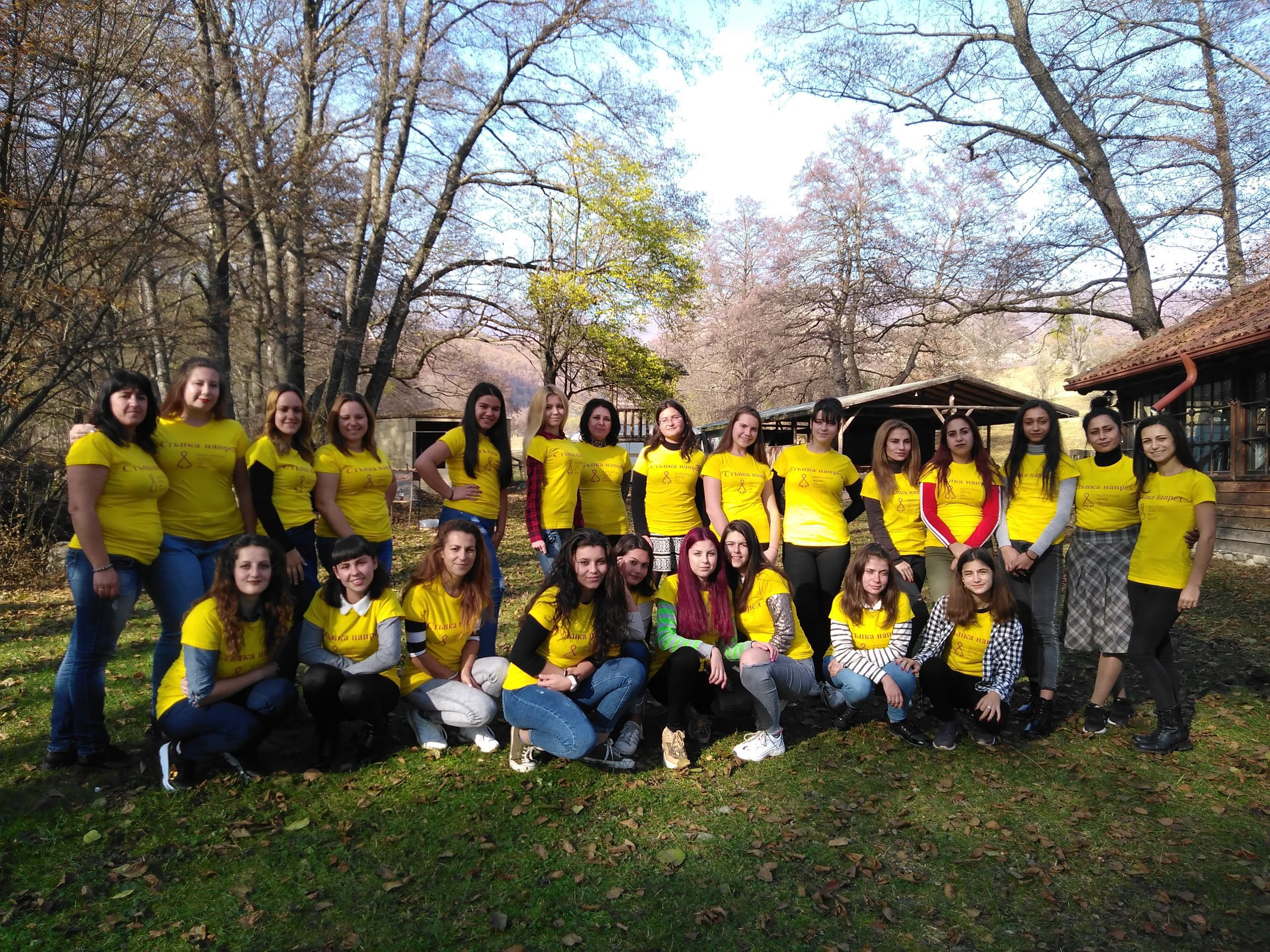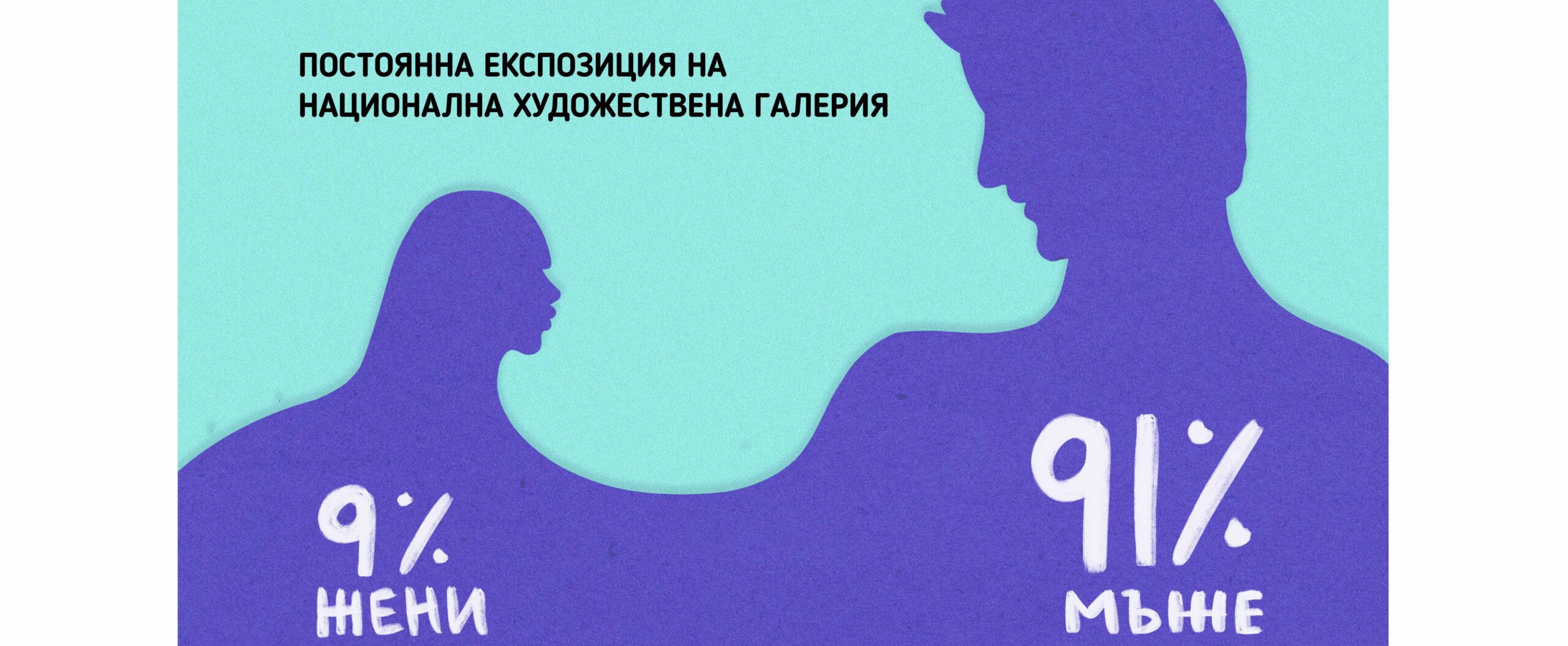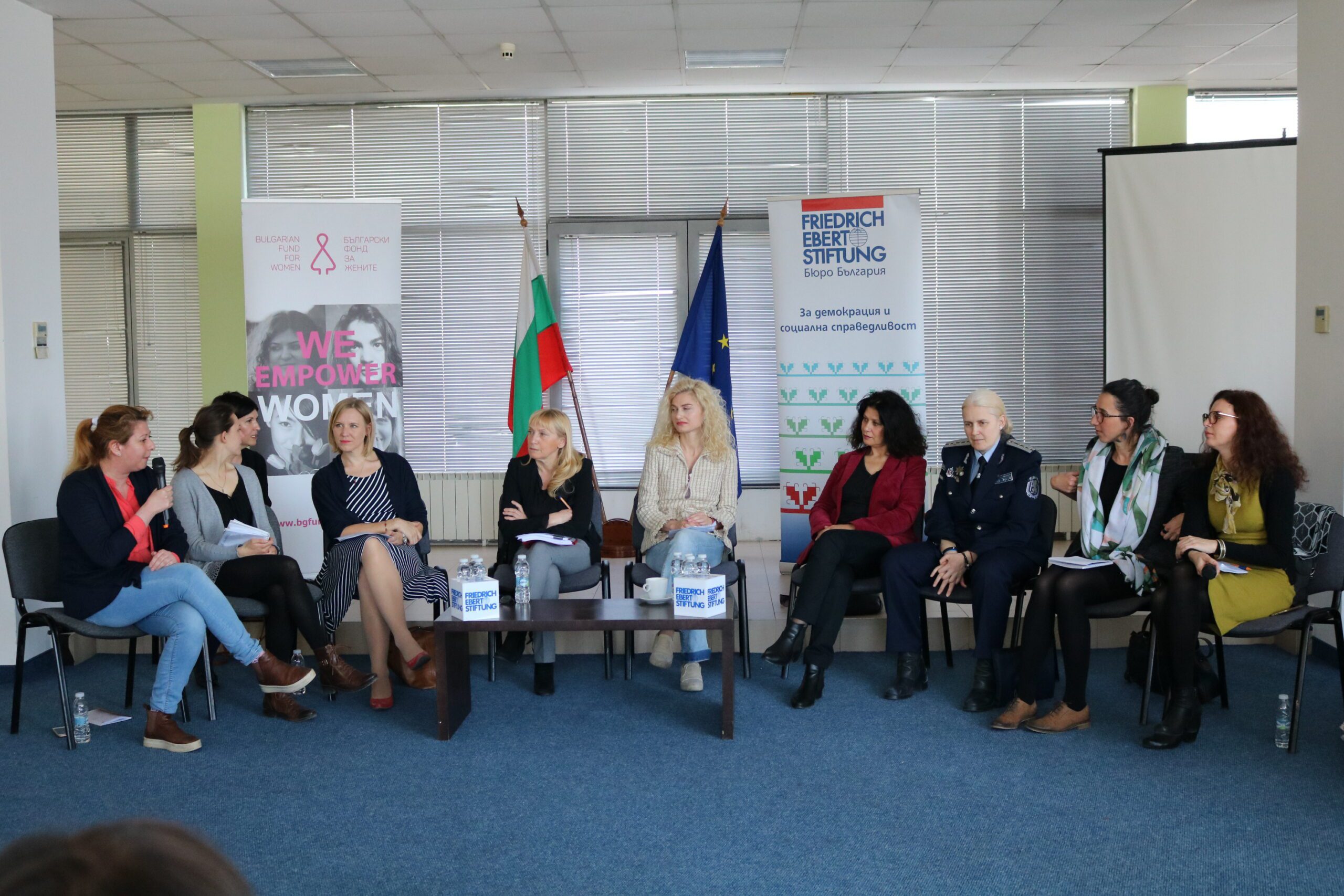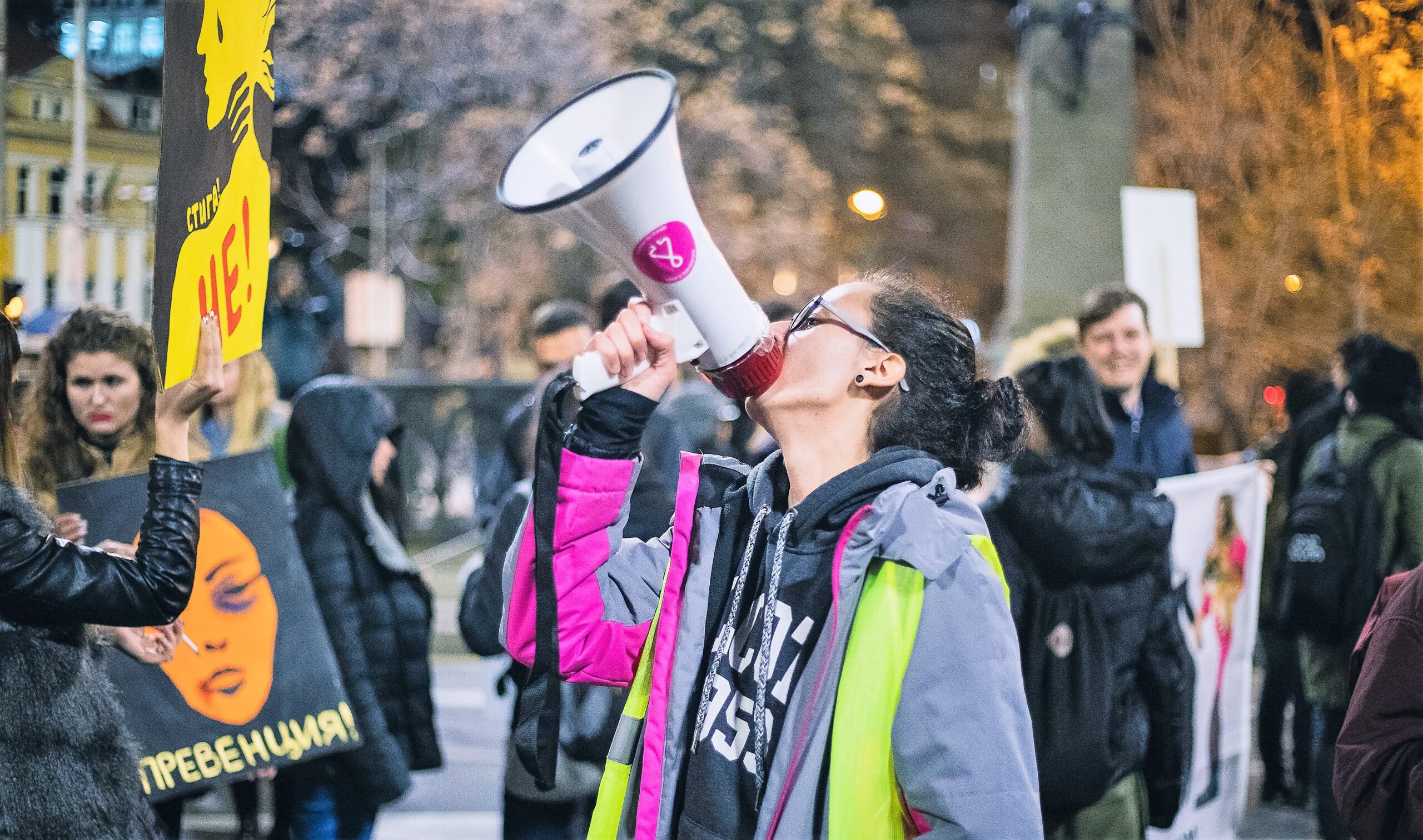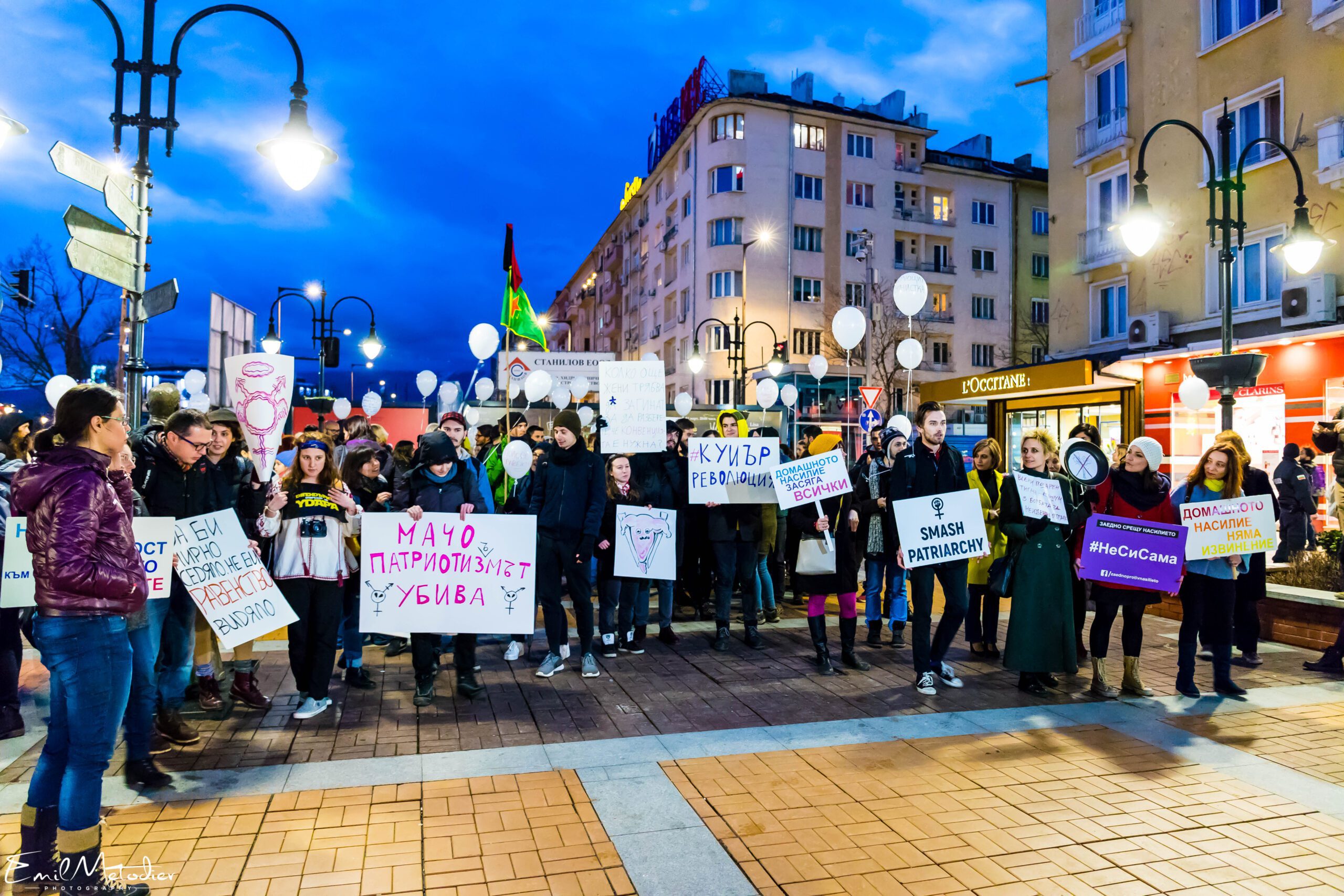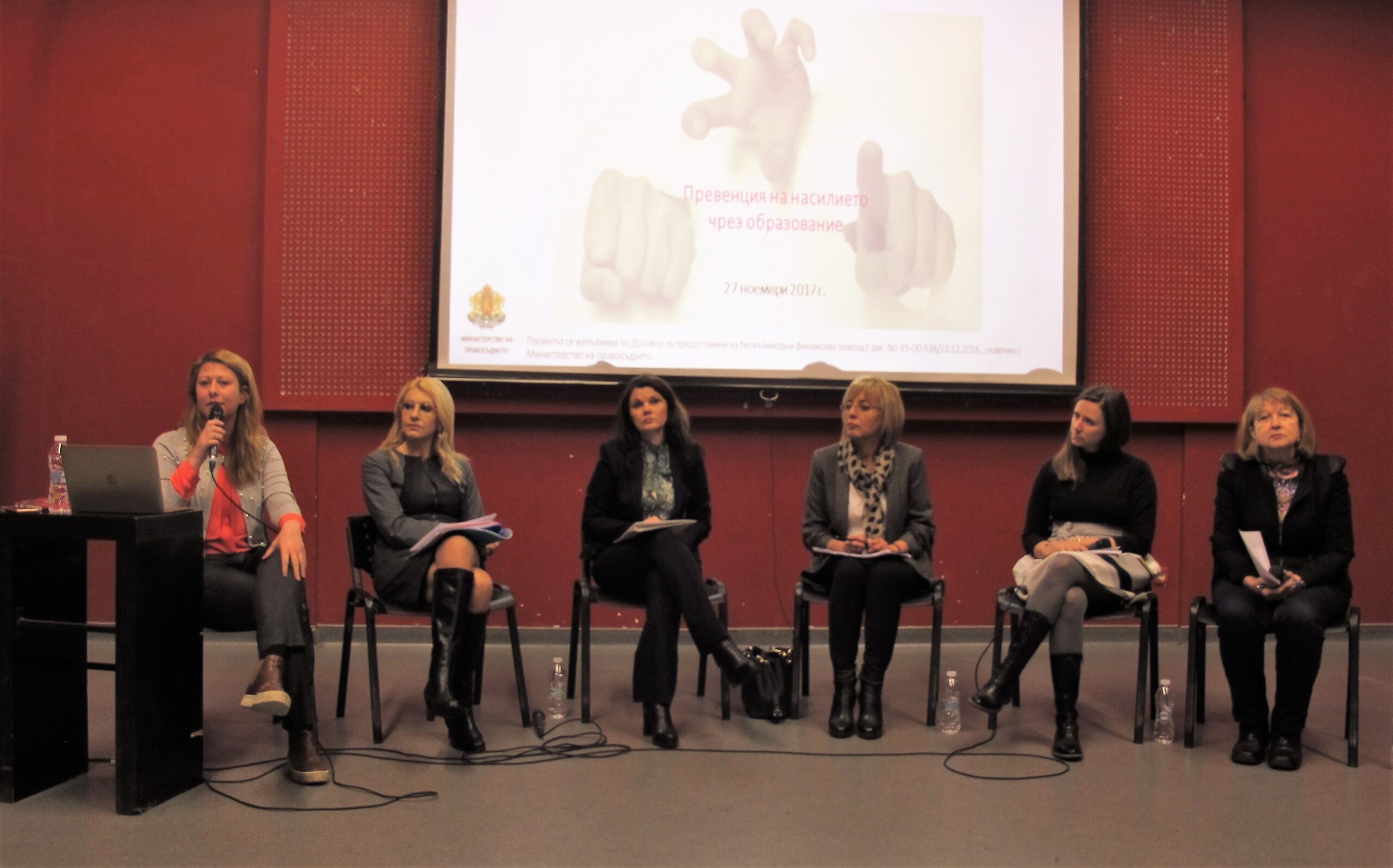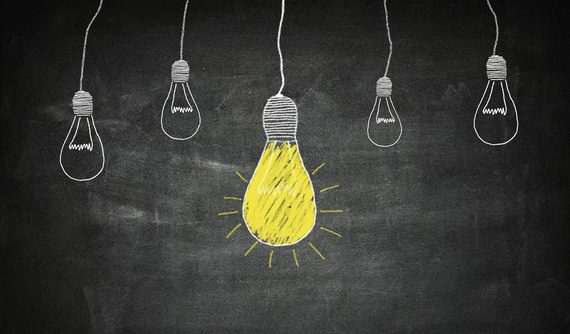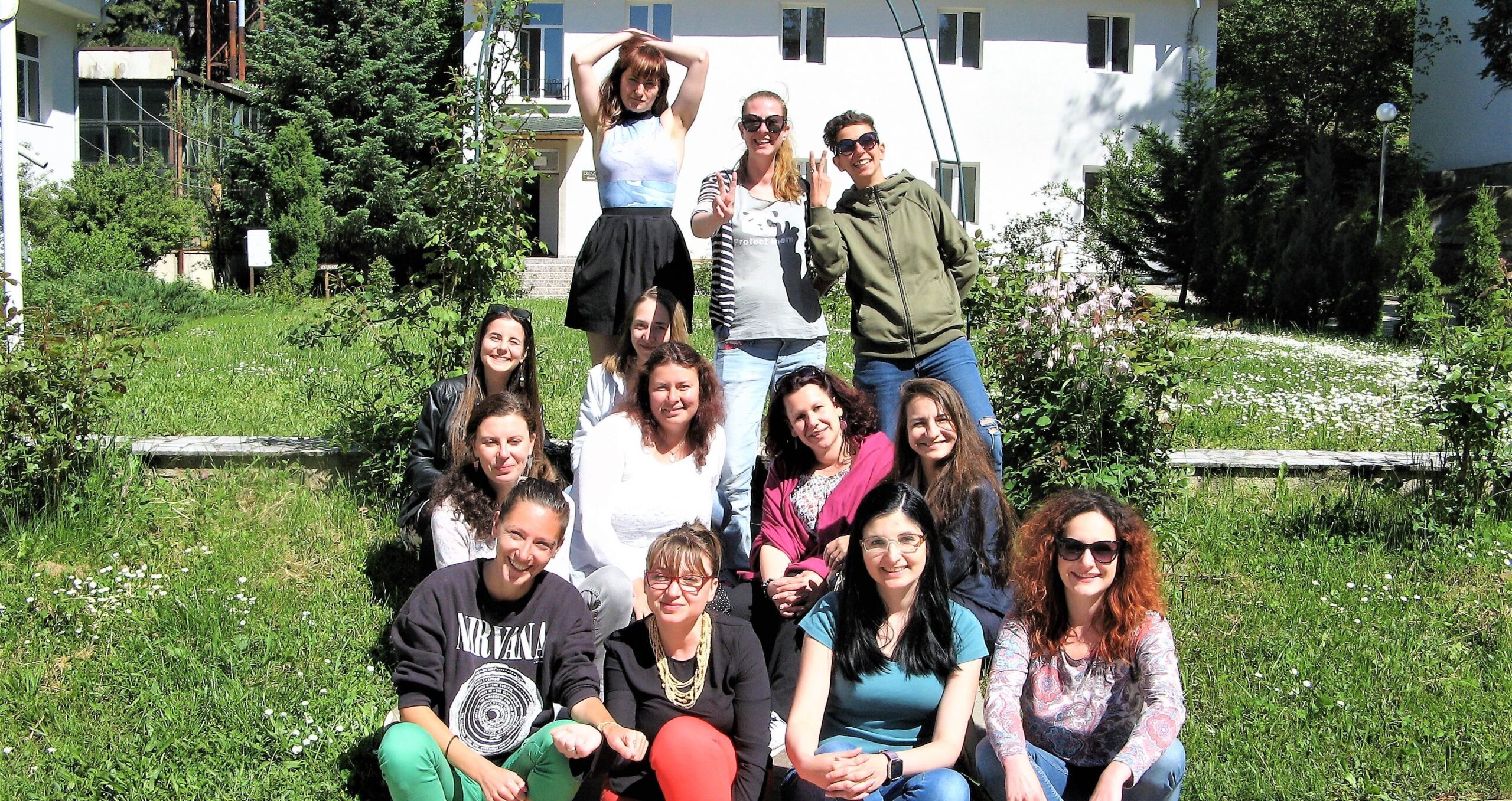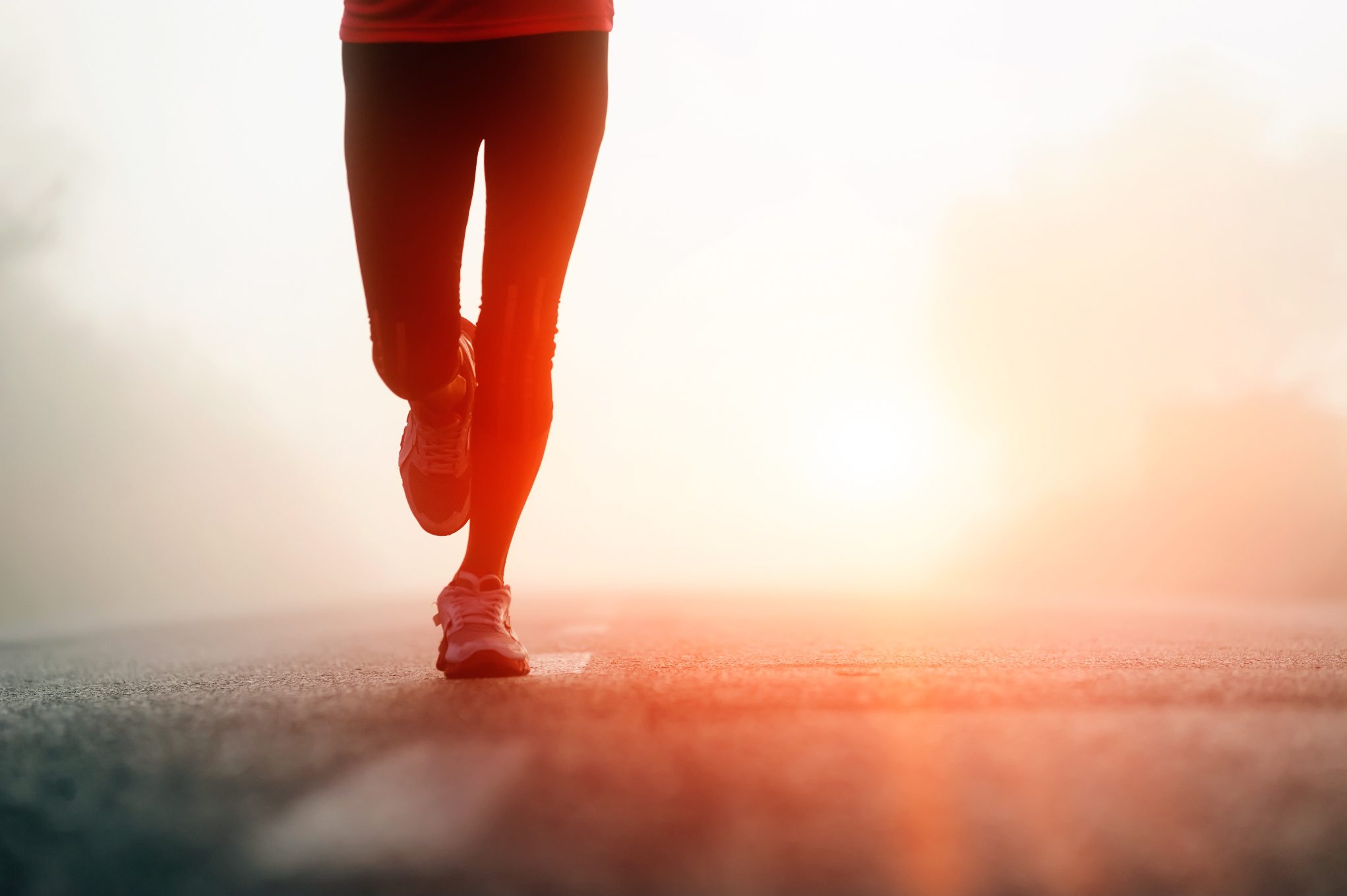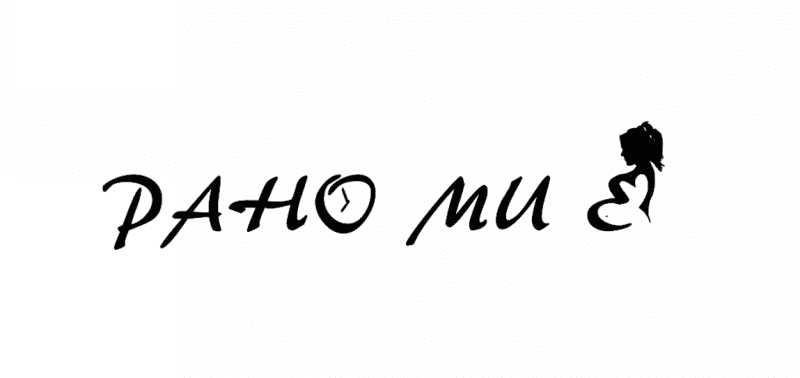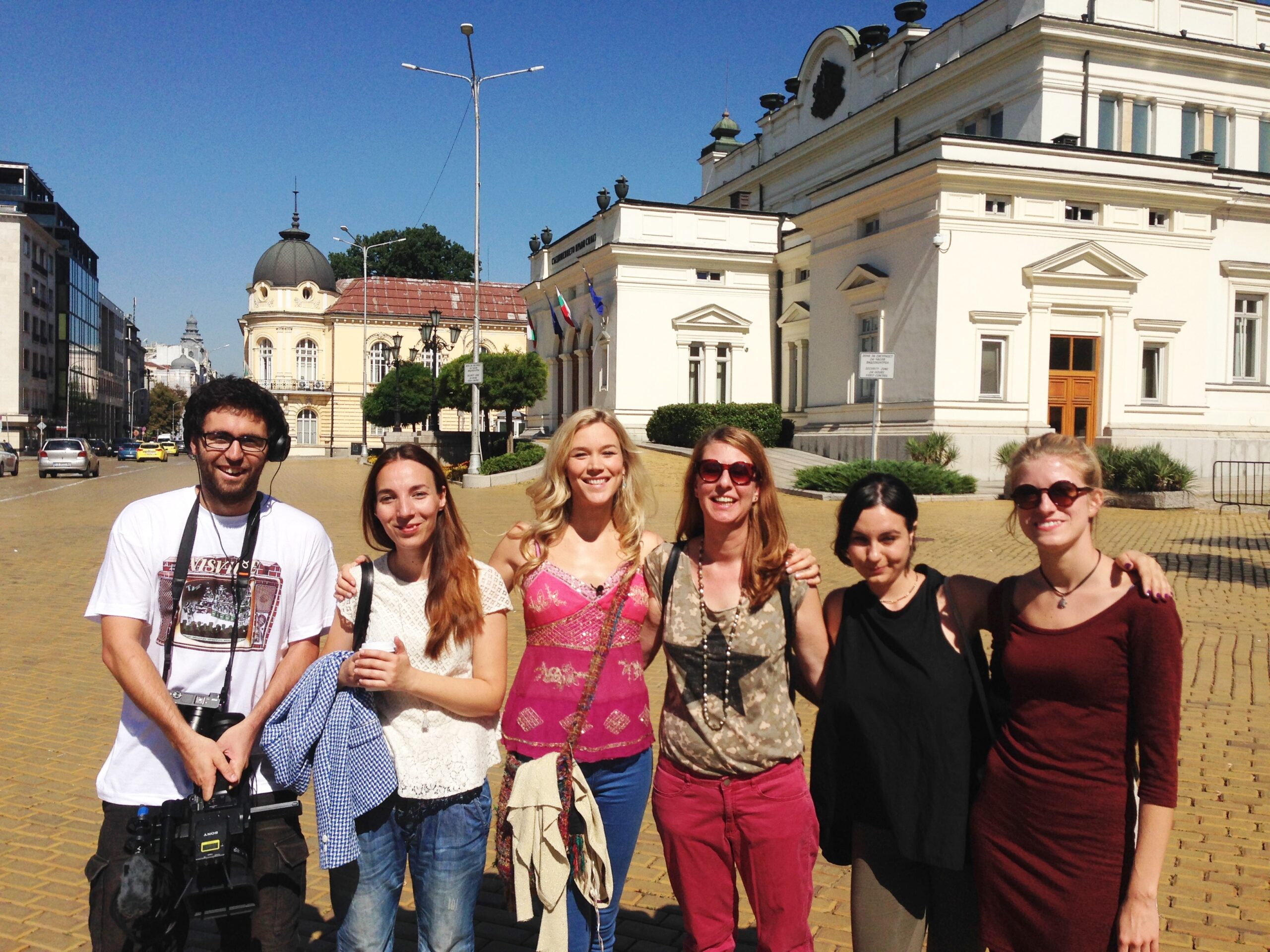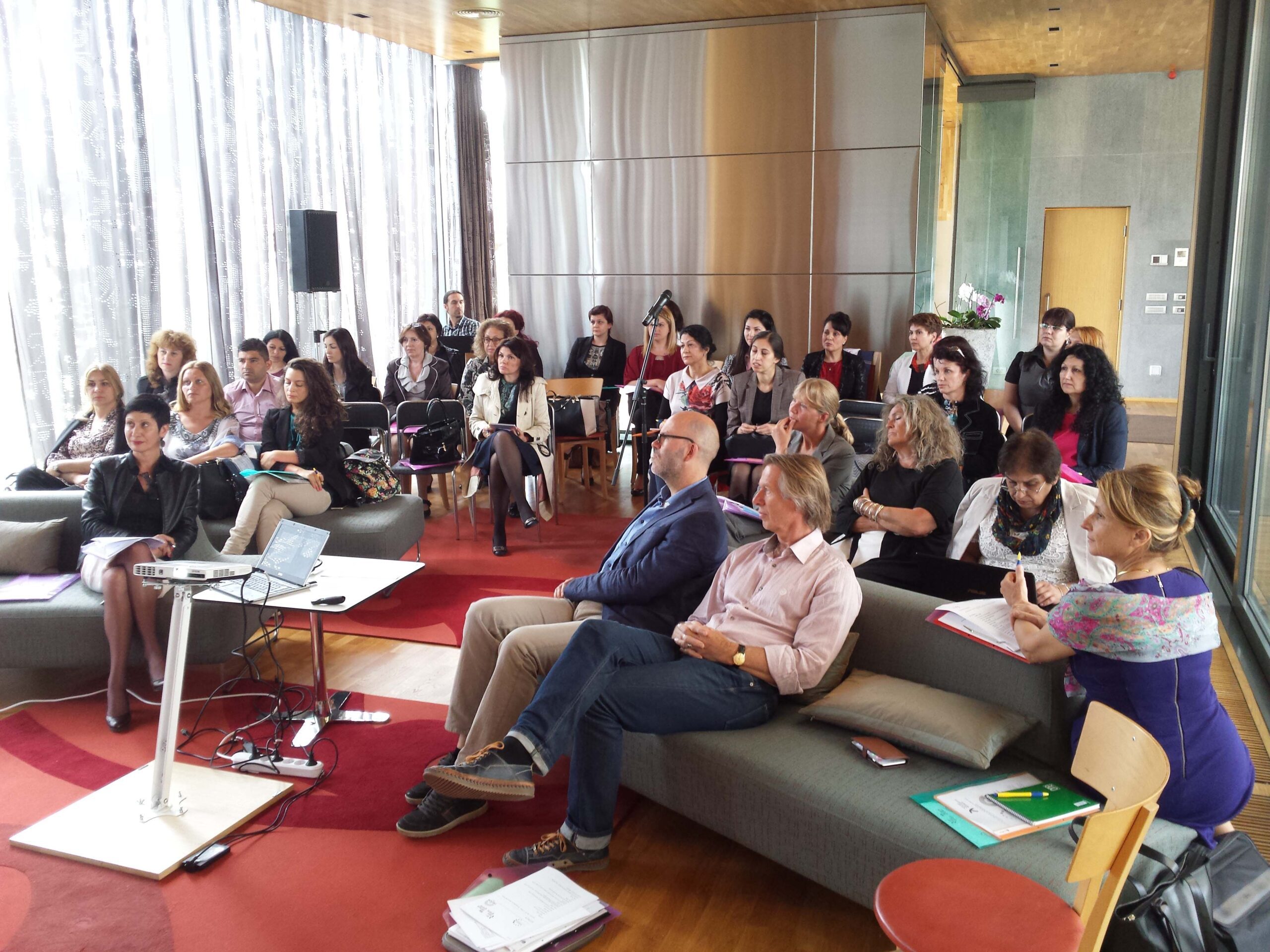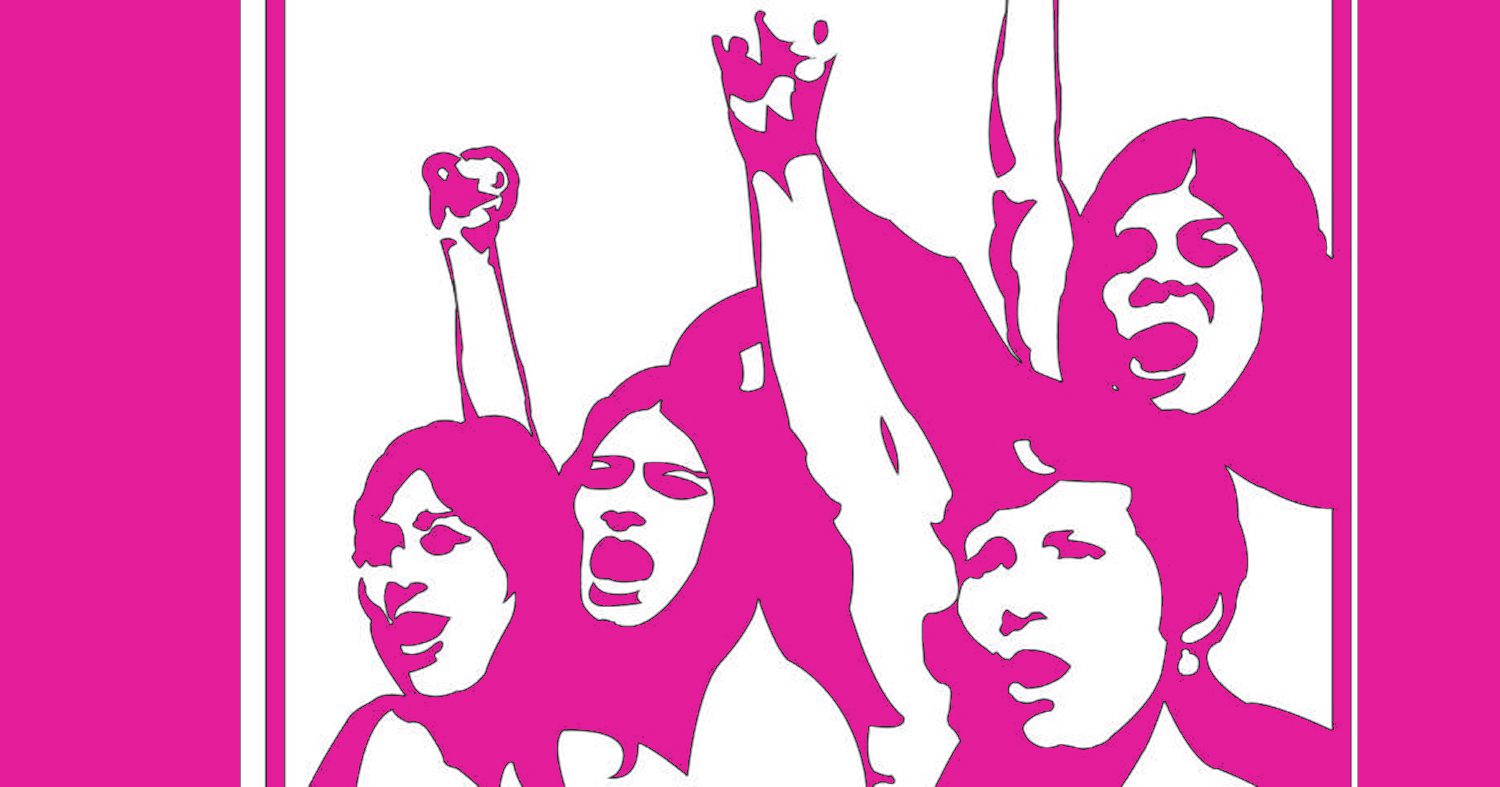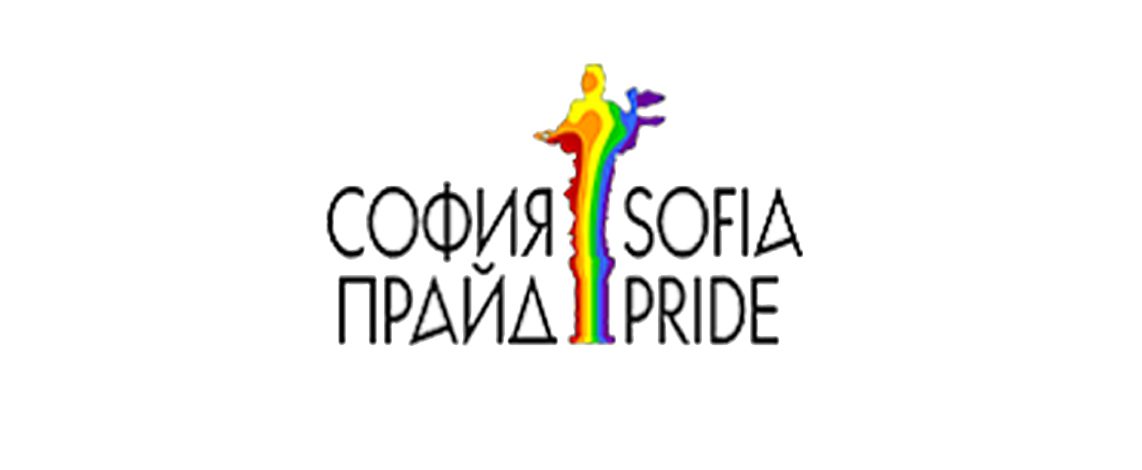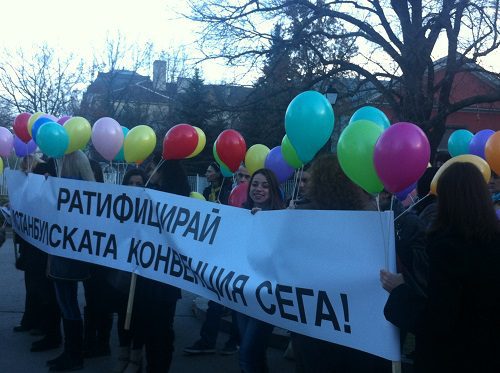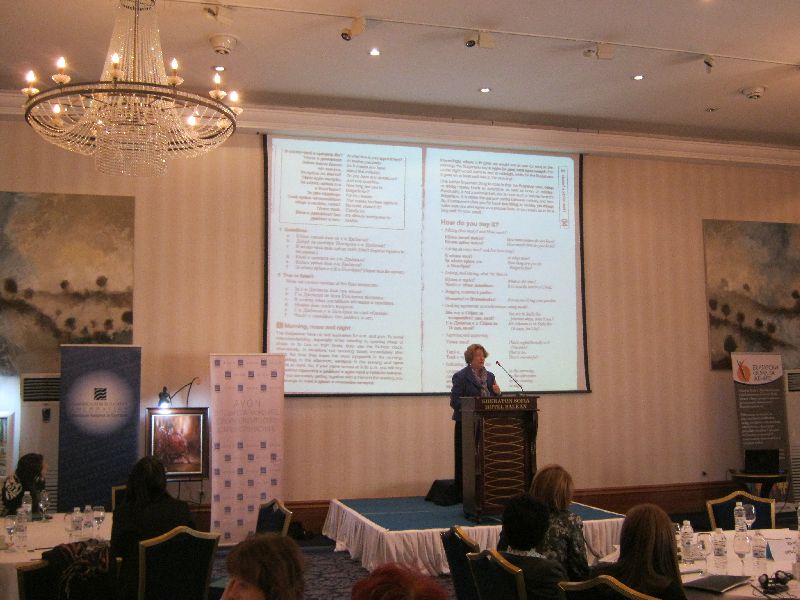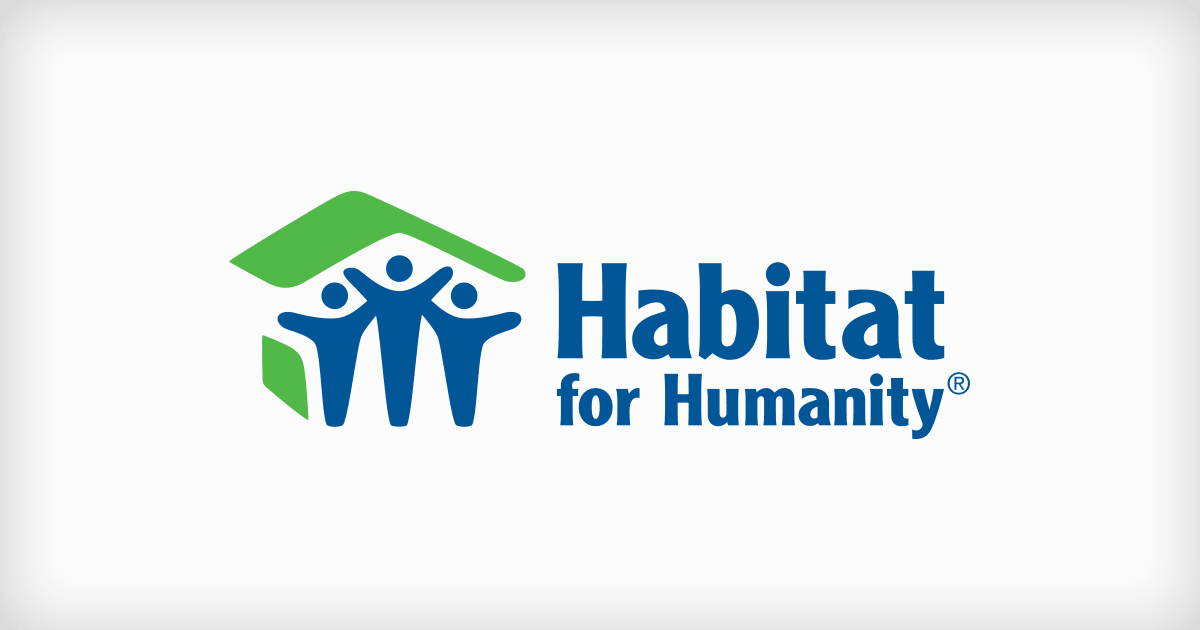Last month, the Human Rights Council adopted the Universal Periodic Review outcomes of Bulgaria. The mechanism of the United National Nations Human Rights Council aims to examine the human rights performance of all 193 UN Member States. According to the presentation of Yuri Borissov Sterk, the permanent representative of Bulgaria to the United Nations Office at Geneva, 233 recommendations had been received by 91 delegations. Measures had already been or were being implemented.
Bulgaria had decided to accept 193 of the recommendations received – around 82 per cent – and mark 24 as noted. There were a further 16 recommendations, the wording or the aim of which Bulgaria generally approved of and supported, but could only commit to their implementation in part, because of constitutional or other legal obstacles.
While, Bulgaria had already adopted some key strategic documents that would improve human rights situation in Bulgaria that would lead to concrete and tangible results, the Ombudswoman of Bulgaria, Diana Kovatcheva, noted that domestic violence is a widespread problem that includes all parts of the society and still needs governments attention. Anyone could become a victim, stated Kovatcheva. Tackling the problem of domestic violence, aggravated during the COVID-19 pandemic, was a primal priority for civil society experts and the Ombudsperson. In April 2020, the Ministry of Justice had even launched a process of drafting new law in consultation with civil society, the Ombudswoman among other experts. Unfortunately, the draft law was not even introduced for discussion in the Parliament, even though the Ombudswoman alongside with NGOs called on its advancement several times.
Speaking on the Universal Periodic Review outcome of Bulgaria were China, Cuba, Ethiopia, India, Libya, Morocco, Nepal, Russian Federation, Sudan, Tunisia, United Arab Emirates, United Nations Children’s Fund, and Venezuela. There were also civil society organizations speakers such as the World Jewish Congress, International Lesbian and Gay Association, Advocates for Human Rights, and International Organization for the Elimination of All Forms of Racial Discrimination.
There were congratulations on Bulgaria’s efforts to combat domestic violence and promote gender equality and suggestions to adopt measures to tackle racial discrimination and discrimination against minorities. Bulgaria was urged to continue working to address social exclusion and promote quality education.
However, some speakers noted that challenges such as human rights situation, including overcrowding in prisons and the surge of anti- Semitism and neo- Nazi groups persist in the country. Bulgaria’s decisions to ratify the Third Optional Protocol to the Convention on the Rights of the Child and to improve its juvenile justice system were welcomed. Bulgaria had to amend the Penal Code to include criminalization for hate crimes based on sexual orientation. Speakers regretted that discrimination against Roma had been exacerbated during the COVID-19 pandemic.
In his conclusion part, Yuri Borissov Sterk, the Permanent Representative of Bulgaria to the United Nations Office at Geneva, expressed gratitude to the troika- Japan, Senegal and Slovakia, for their support. He further insisted on the fact that Bulgaria attached particular attention to combatting all manifestations of hate speech in the public space and the country was working on addressing domestic violence through its legislative and judicial systems as well as other means. However, he noted one major drawback – same sex marriages were not allowed in 2020, while the Supreme Court upheld the right of same sex couples to reside in Bulgaria. He noted that Bulgaria would continue to strengthen its administrative capacity and include civil society in its work.
Photo: The Human Rights and Alliance of Civilizations Room – UN Photos, Jean-Marc Ferre

